Tab Article
This is a beautifully written work of poetry, mirroring the worldview of the poet in connection with her social encounter. Olaitan’s poetic lines comes with a pleasurable urge for beauty of words, of language condensed, laced with evoked feelings of the poet’s lived experiences within the Nigerian socio-cultural space. Mind-Mirrors reflects the poet’s conversation with her social environment, having settled for her first duty as a poet in Remi Raji’s postulation of falling in love with words, even though I would crave for more enrichment of this. The book which is Olaitan’s second collection brings to life often taking for granted issues. The issues dealt with in the book can be categorised into four interrelated aspects: Reflexivity about self as a way of sharing growing-up experiences of the author; interpersonal relations in which the author situates herself as a participatory observer, social lamentation about societal ills and spirituality in belief in Superior Being. Perhaps intentionally or otherwise, all these categories are not arranged in a sequential order as readers would observe in the book. However, it is a design which, makes an enjoyable flow of the poems in the collection. In the opening poem: ‘That Thing’, the author calls readers to note that ‘All desire/Wink!!/Cravings and cravings/Satiety never full...’ One may come to term that the urge for more or lack of appreciation of one’s possession often leads to confusion. It is because of this reason why humans often unconsciously forget to see that what they actually have is sometimes greater than that which they seek. Perhaps the wisdom here lies in what I will call temporal incompleteness on the basis of insatiable quest for materialism. The author captures this when she notes: ‘On giant castles still seek pebbles/in joy we still seek something more’. The book also covers issues of dedication and betrayal. This is well captured in a poem titled Why She Stood by the Door. Olaitan puts trust on trial by labelling it a fool. The poet seems to employ personification of ‘Trust’ in this poem rather than calling the ‘She’ who trusts a fool herself, and the door in this context can be interpreted in two different ways: as a physical entry path, or of a lady waiting for the ring in courtship who has now been jettisoned by her lover. There is also an interesting reference in ‘Many’ where the poet seems to have lost hope in trusting people. According to her: So many will hurt you/They will look away and move/This recently trending…/ of many scars and secret tears/And in confusion/Meet mysteries untold. She closes the line by telling the youngsters: Many marks won’t erase - be wise/. Among other fascinating poems include Female whom the author paints as a victim of both sexual and domestic violence and top target of human traffickers. The author questions humanity in this poem but towards the end she notes as follows: ‘The wombs that carry nations/Breast feed millions of souls/She is both beautiful/And the best toy you can ever have/She pushes life out and dies quietly/Who else can replace her?/. Other beautiful poems in the collection include Small King focusing on money as a cause of violence, online fraud and criminality associated with cupidity. Other poems such as ‘Tender Wild’, ‘Beautiful’, ‘Beggar’, ‘The Table’, ‘the Garden Locked with Elephant Grasses’, ‘Abuja’, ‘Nature’, ‘This is Abuja (TIA)’, ‘Bleeding Pen’, ‘Gave Way’, ‘In the Gutter’, ‘THINGS GOOD WILL COME’, Money Gone, ‘The Only Constant’, ‘Obama’, ‘Woman: the Endangered’, ‘My Frenemy’, are all beautifully crafted and short in length even when I wish to read more from the poet. Others speak of Water that the poet described as fun, life and living which everyone should aspire to love. The Passion of A child paints the picture of innocence, making all friends: the poet notes the Child makes all friends and snakes her lovers/Is rescued when bitten/But she never pulls back/. The poet urges her readers that ‘No man can meet his creator’ without this kind of love. While I do not need to reveal all the poems in this collection, I must commend the energy and persistence of the author in coming up with this timely poetry book. As humans, we are natured with choices and one of them, as some may prefer, is the commitment to ethics and social reformation. In this age of increasingly widespread social decadence, this is the kind of book that the youngsters need to read to learn about life and how to navigate within their society. The social order of ethical commitment often expressed with patriotism that transcends territorial boundary of a given state, the sense of love for human race is imbued by the passion to see it flourish prosperously in ideation, morality and materials within the chain of checks and balances. Olaitan Abiodun’s Mind-Mirrors is a welcome contribution to the work of literary art in Nigeria, covering a wide range of topics in lucid forms informing, entertaining, educating and admonishing her audience- the reader. A lot of work and resources have gone into production of this book. I wish to urge everyone from the podium to the distinguished friends and families of Olaitan to generously launch this book and recommend it for use in schools across Nigeria and beyond. The book offers a lot for the reading pleasure of the Nigerian Public.


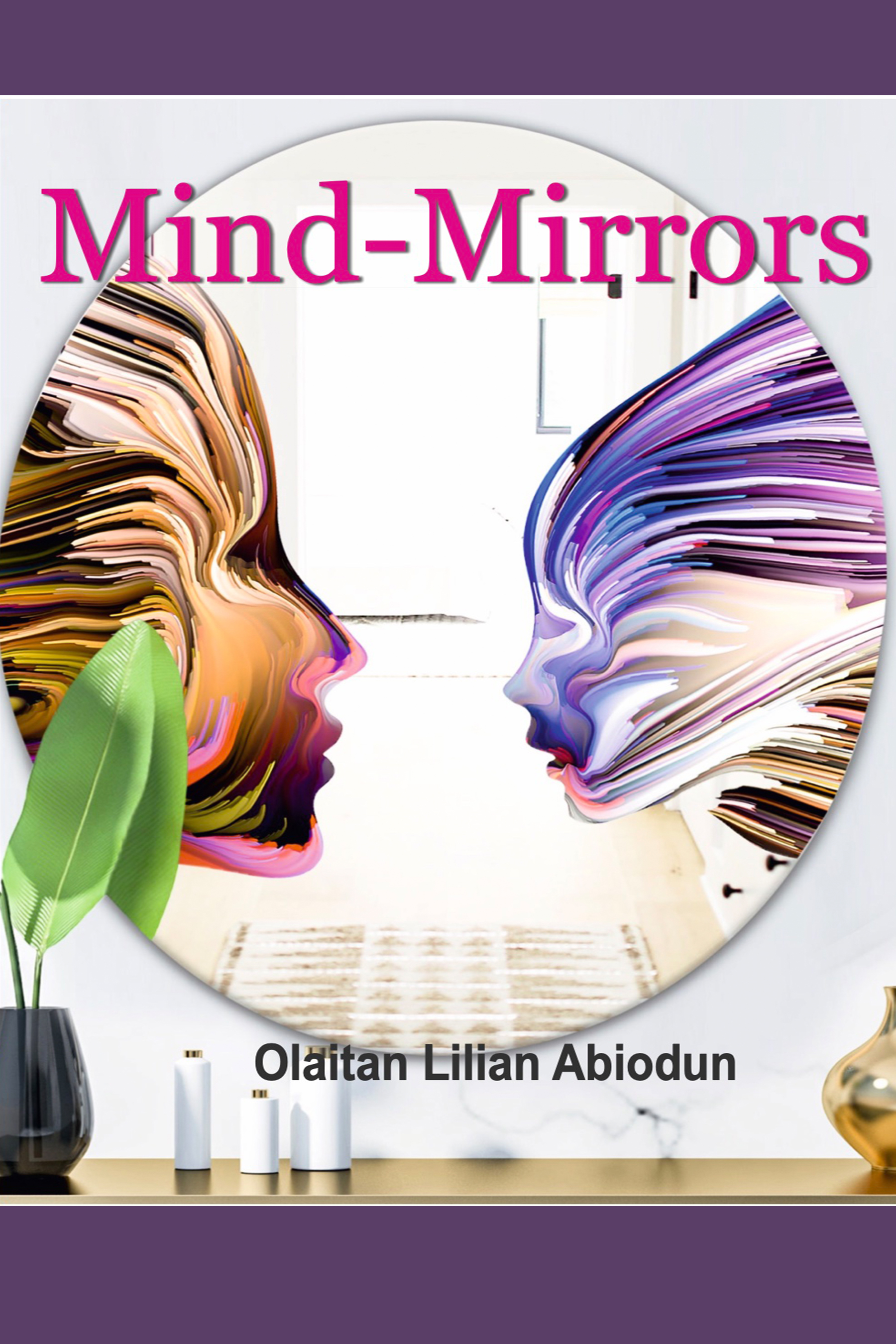


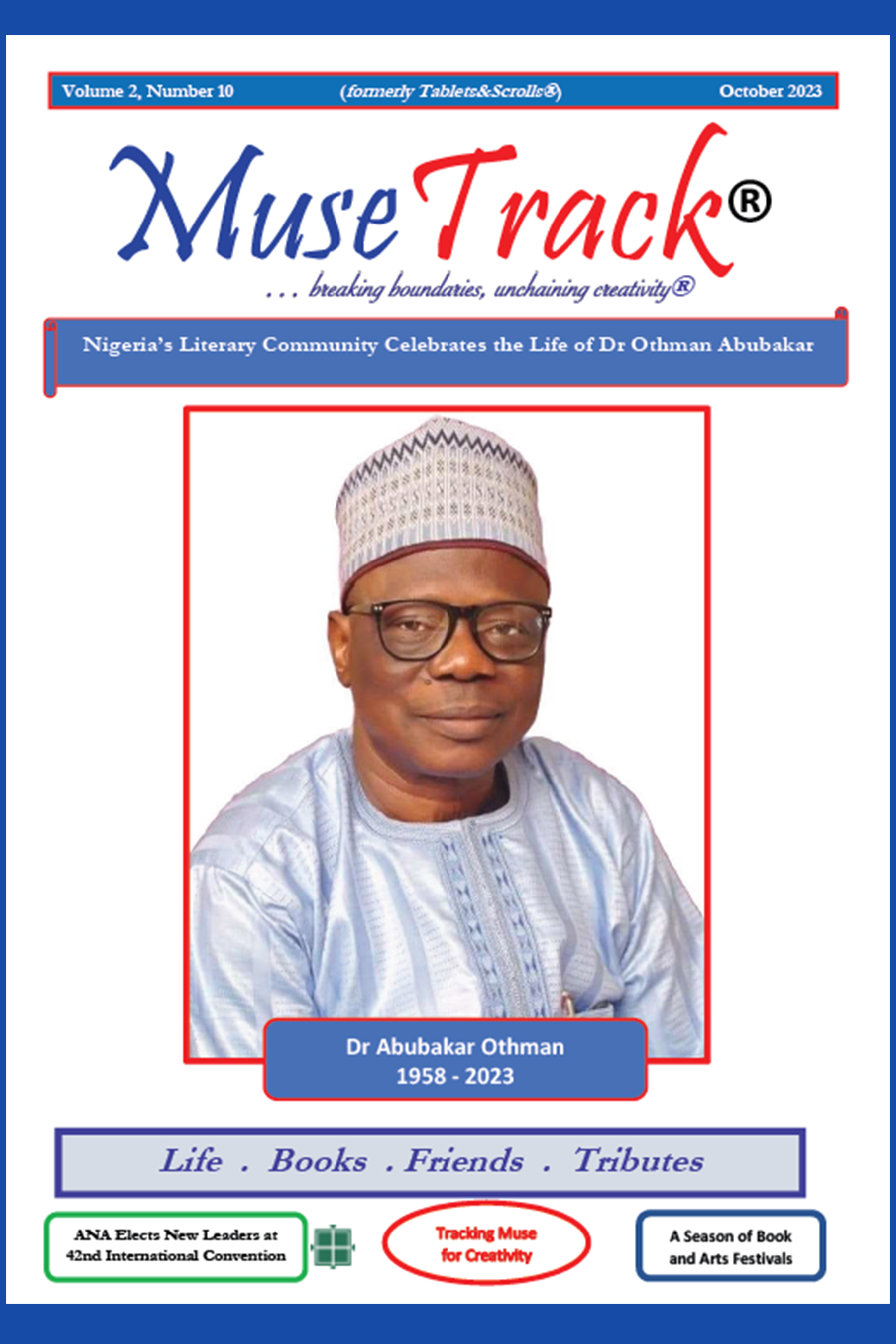

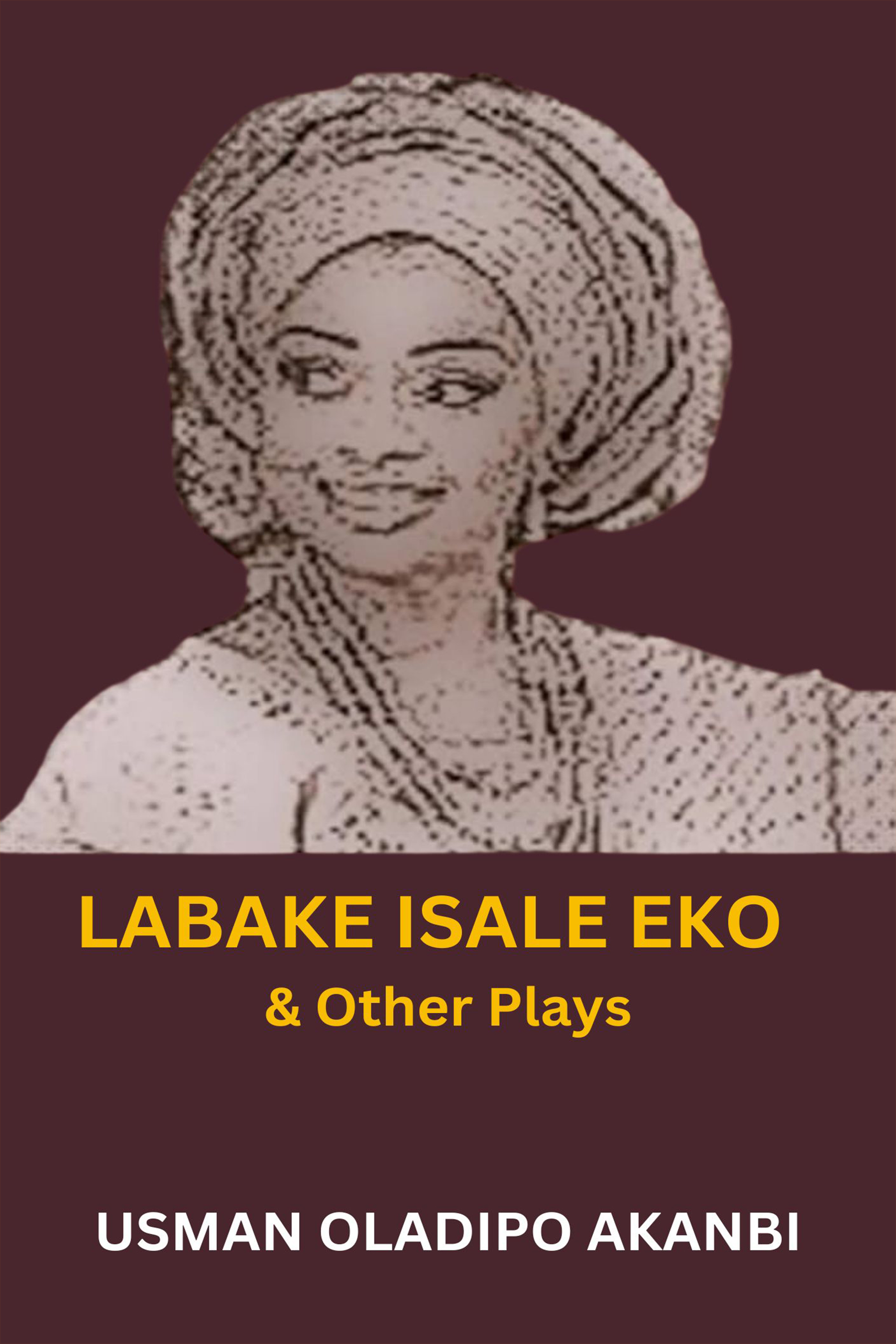
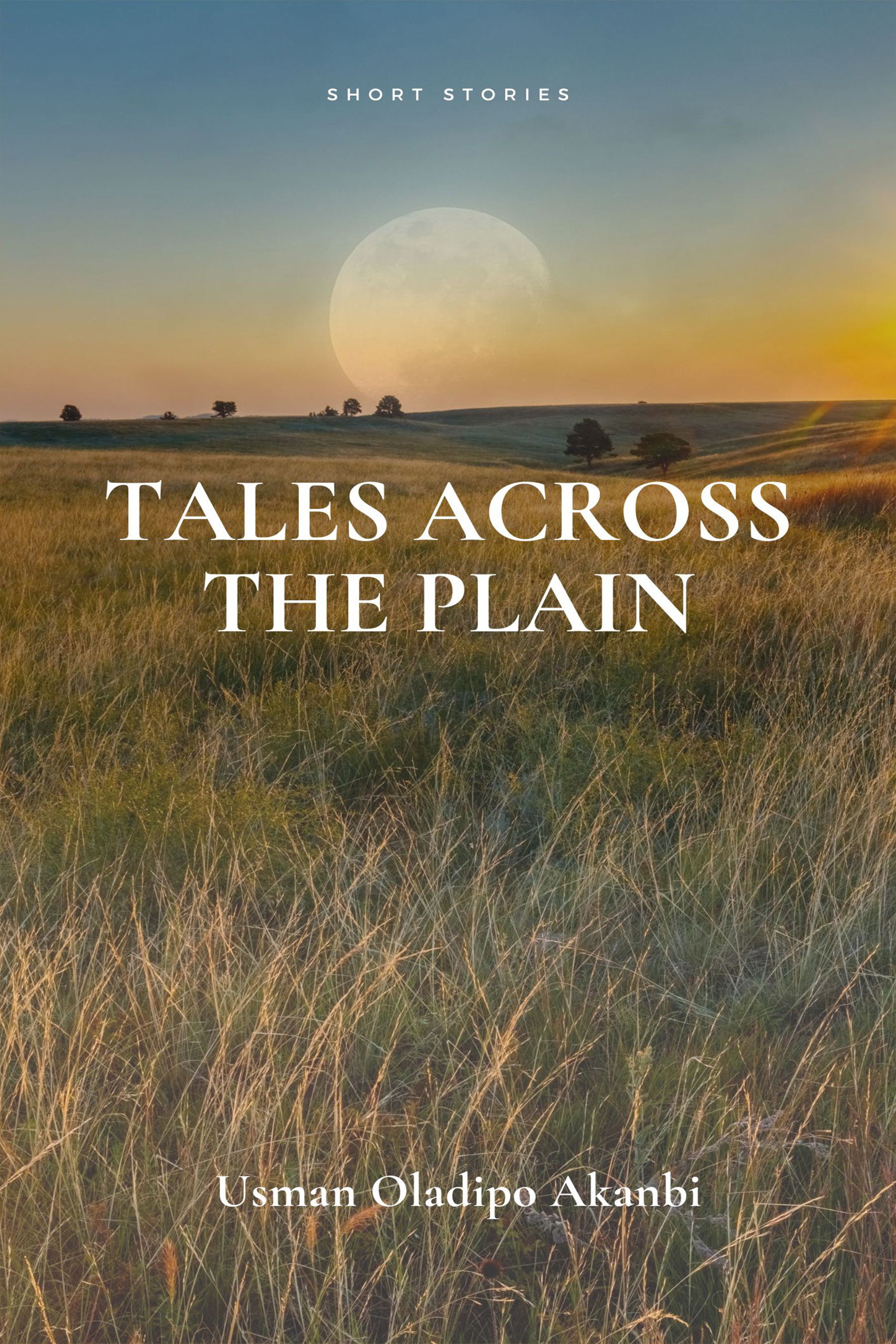
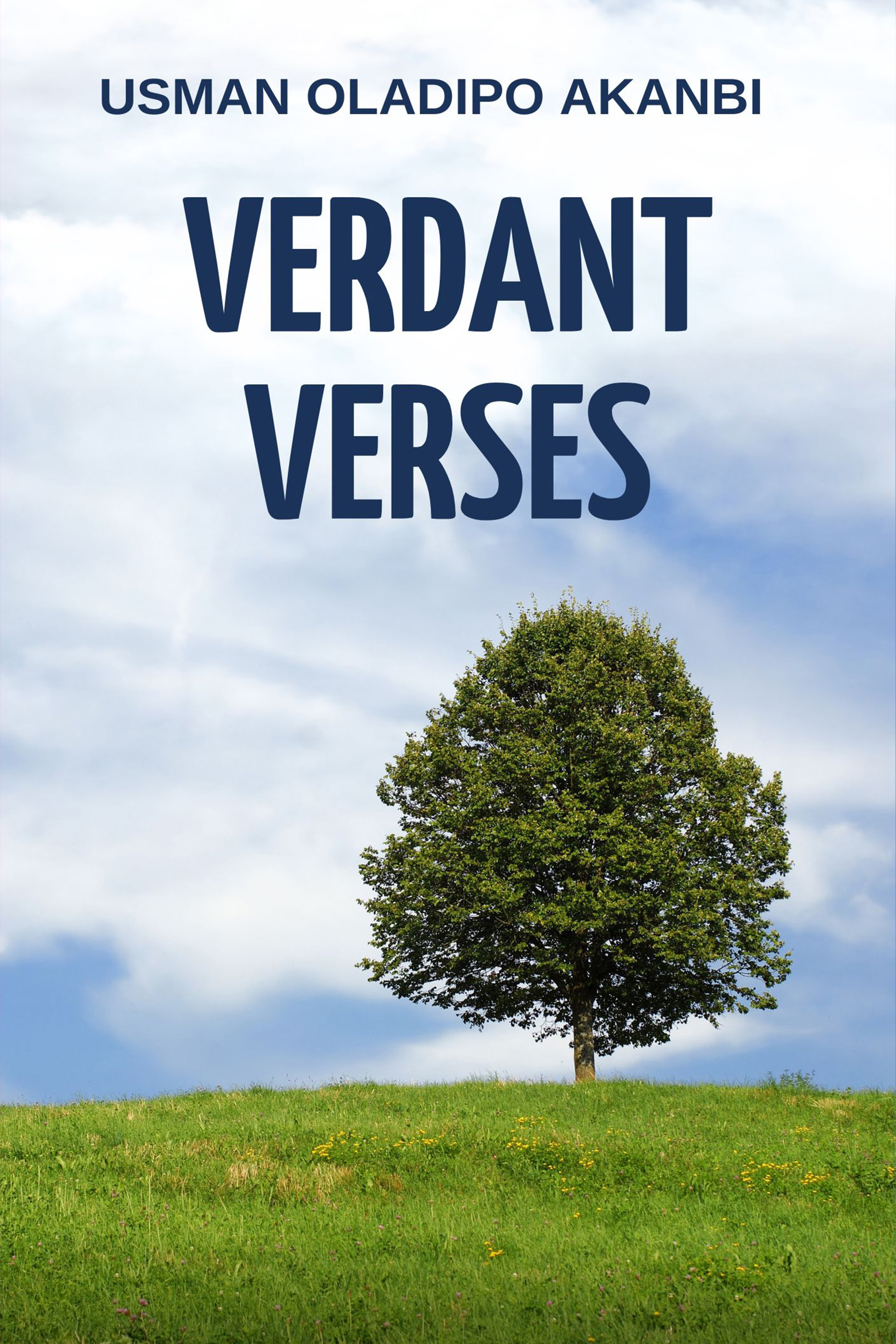
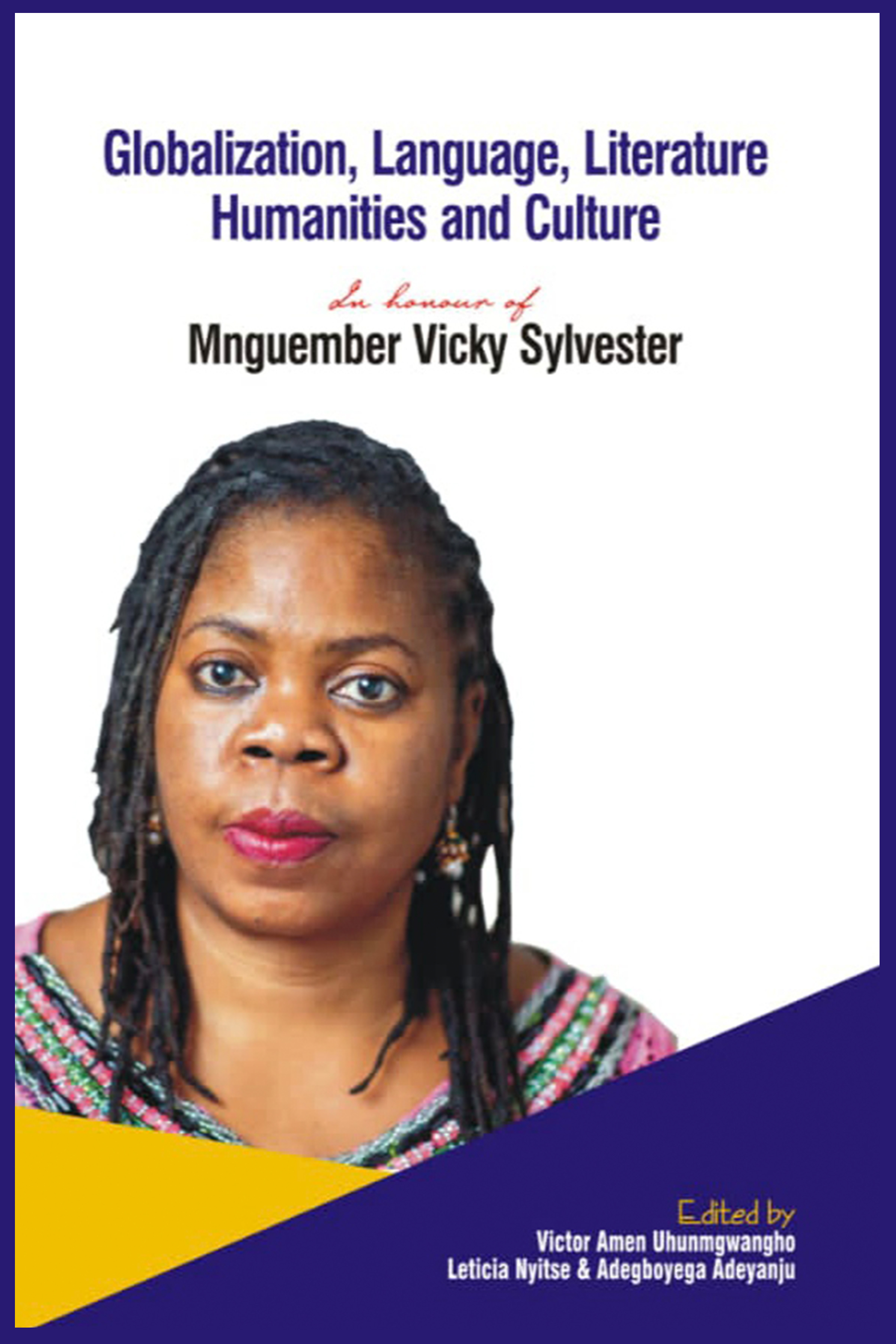
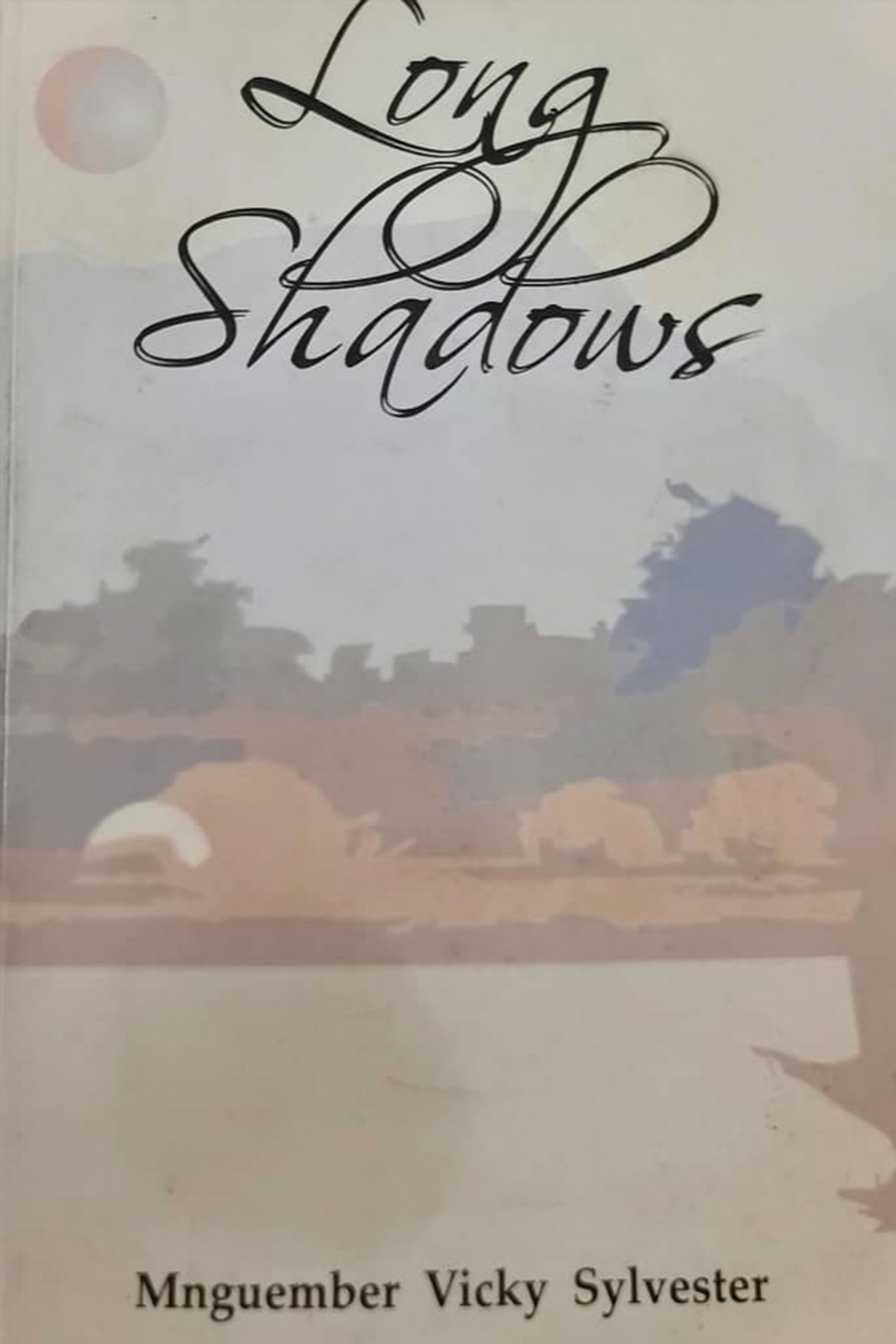
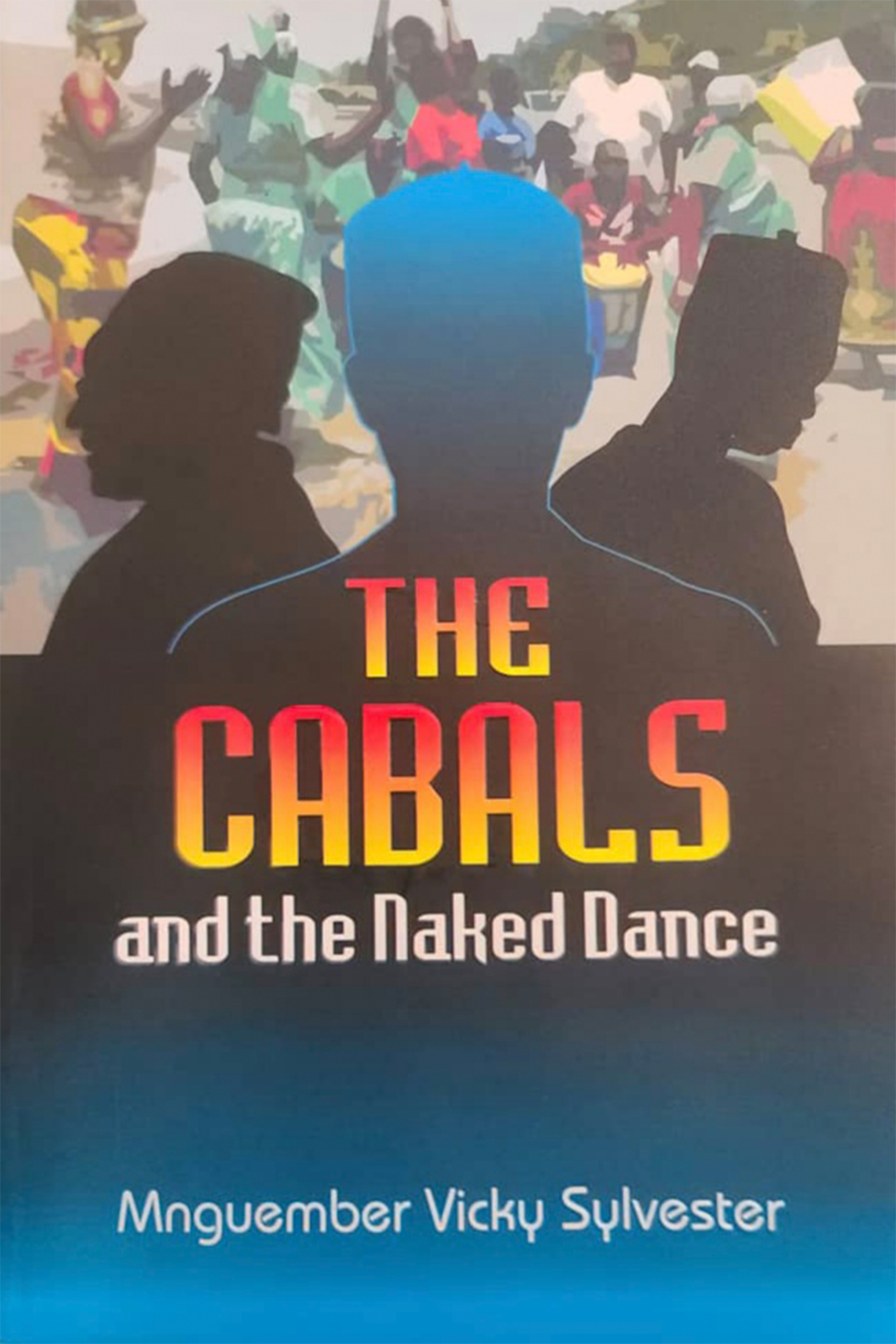
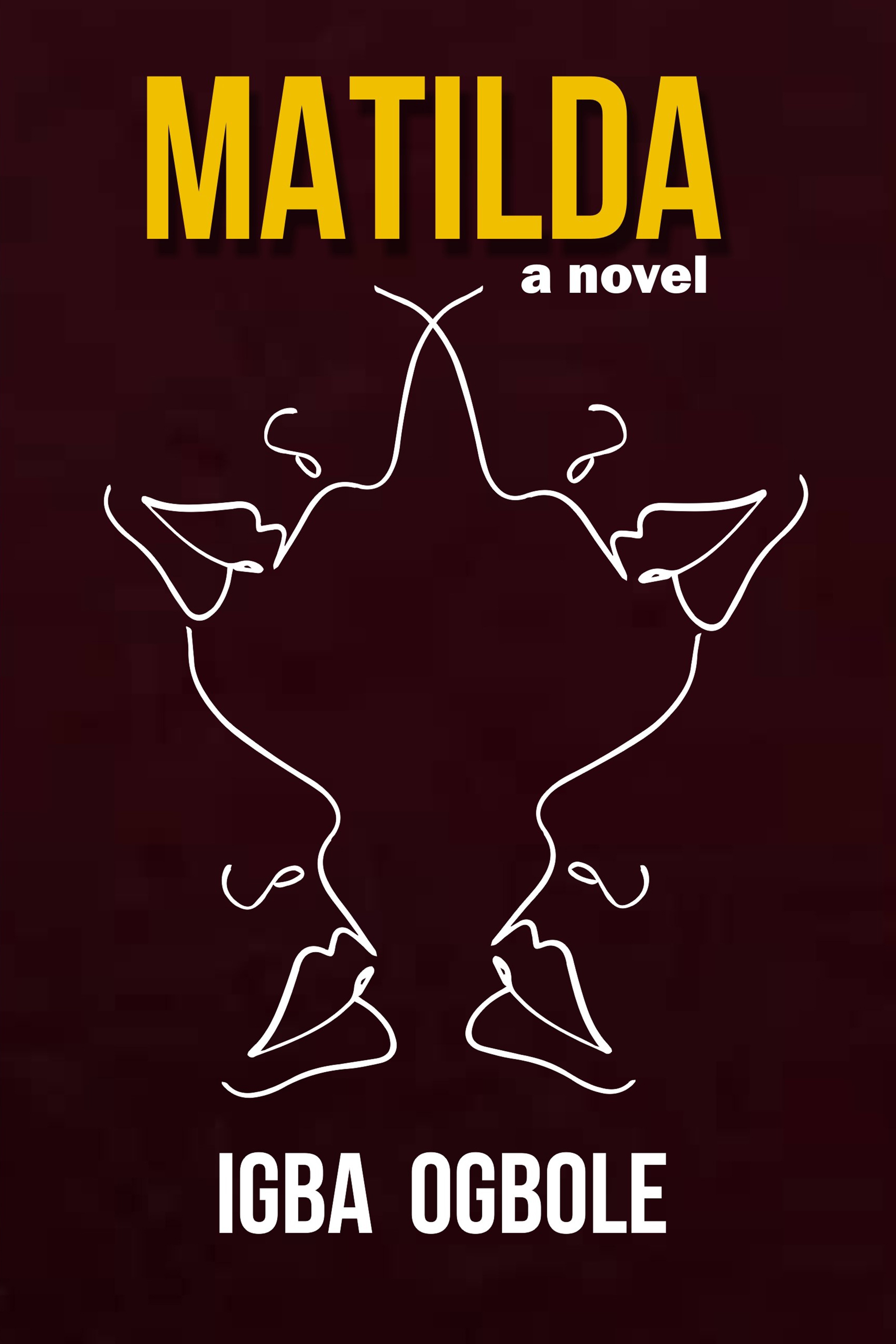


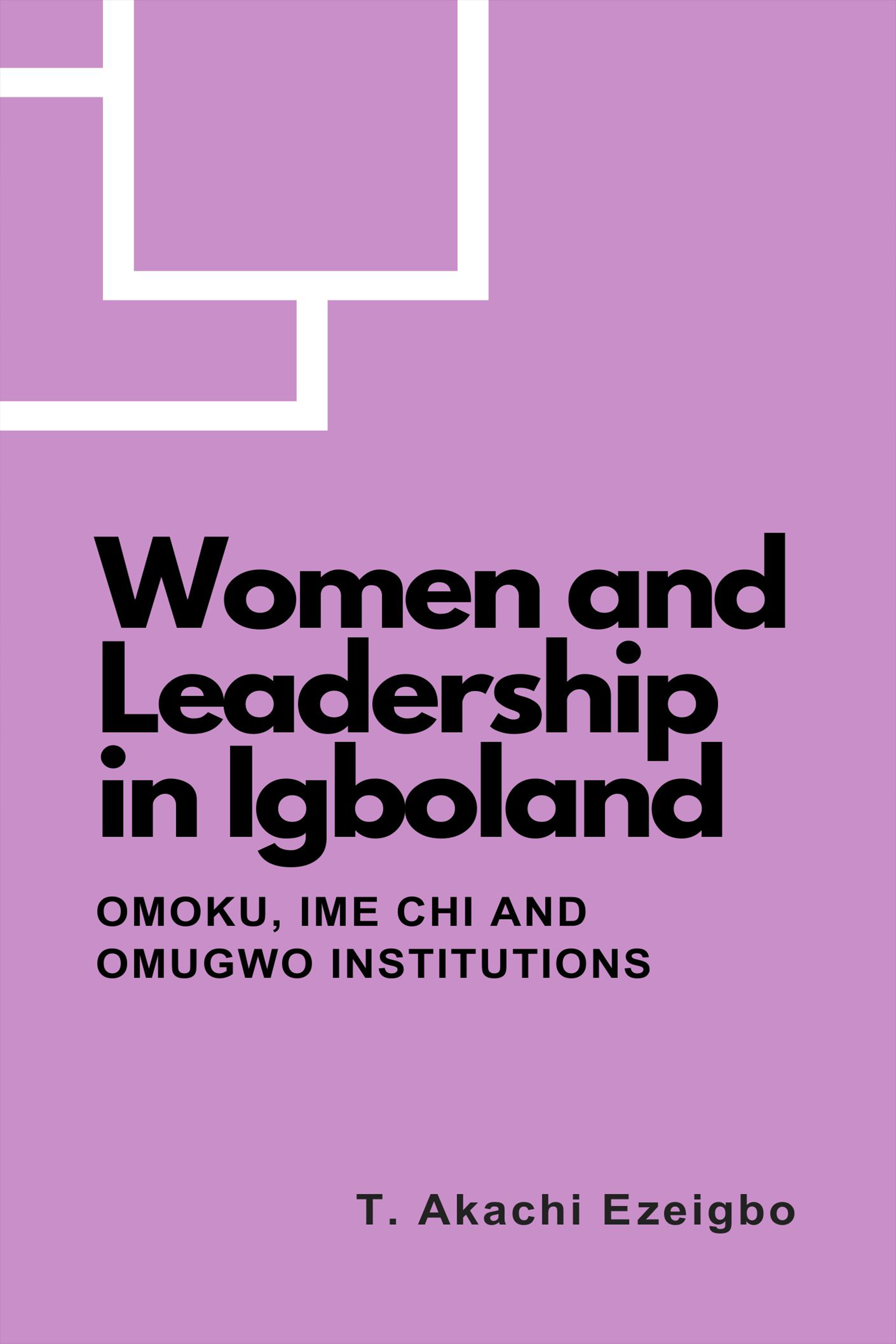
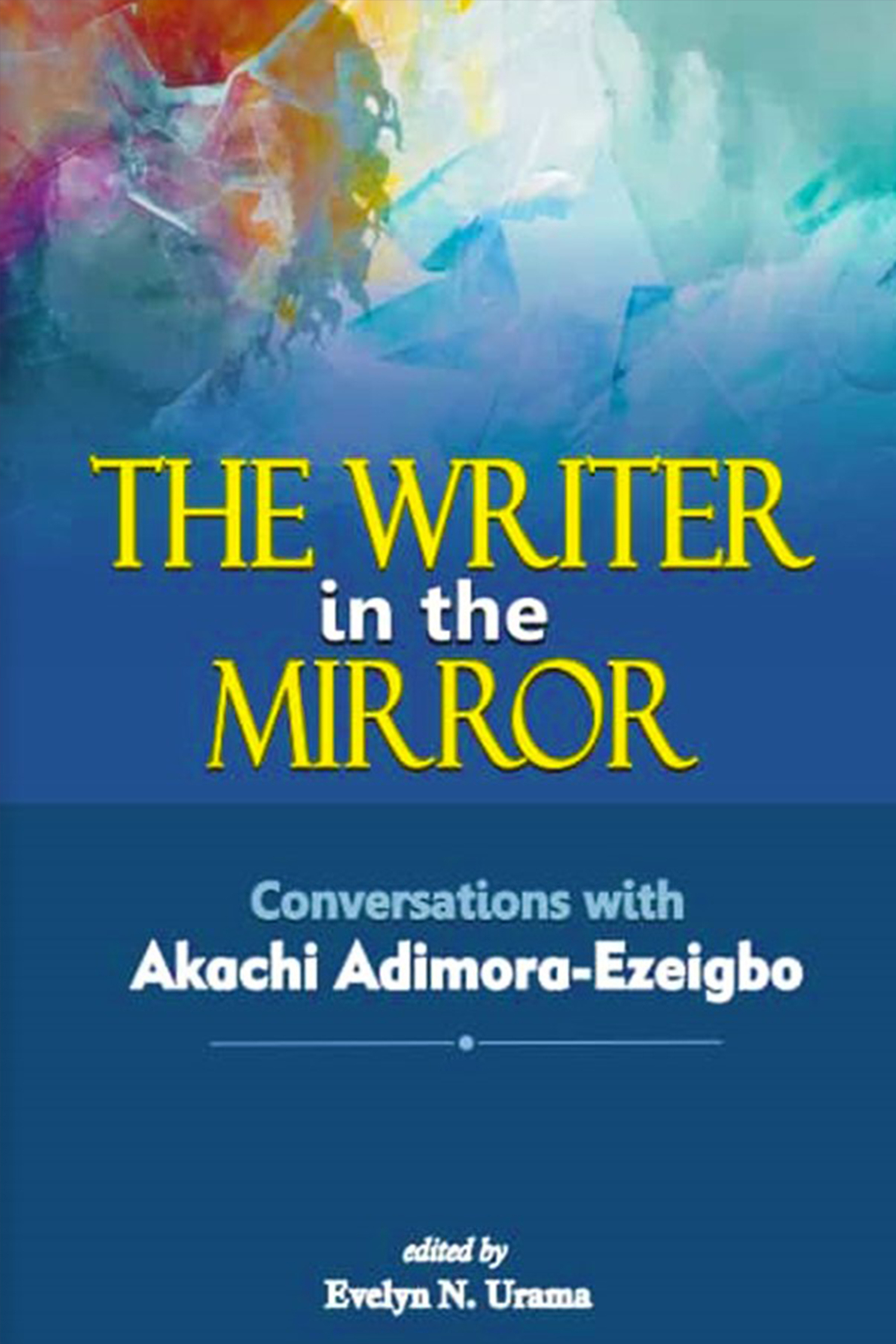

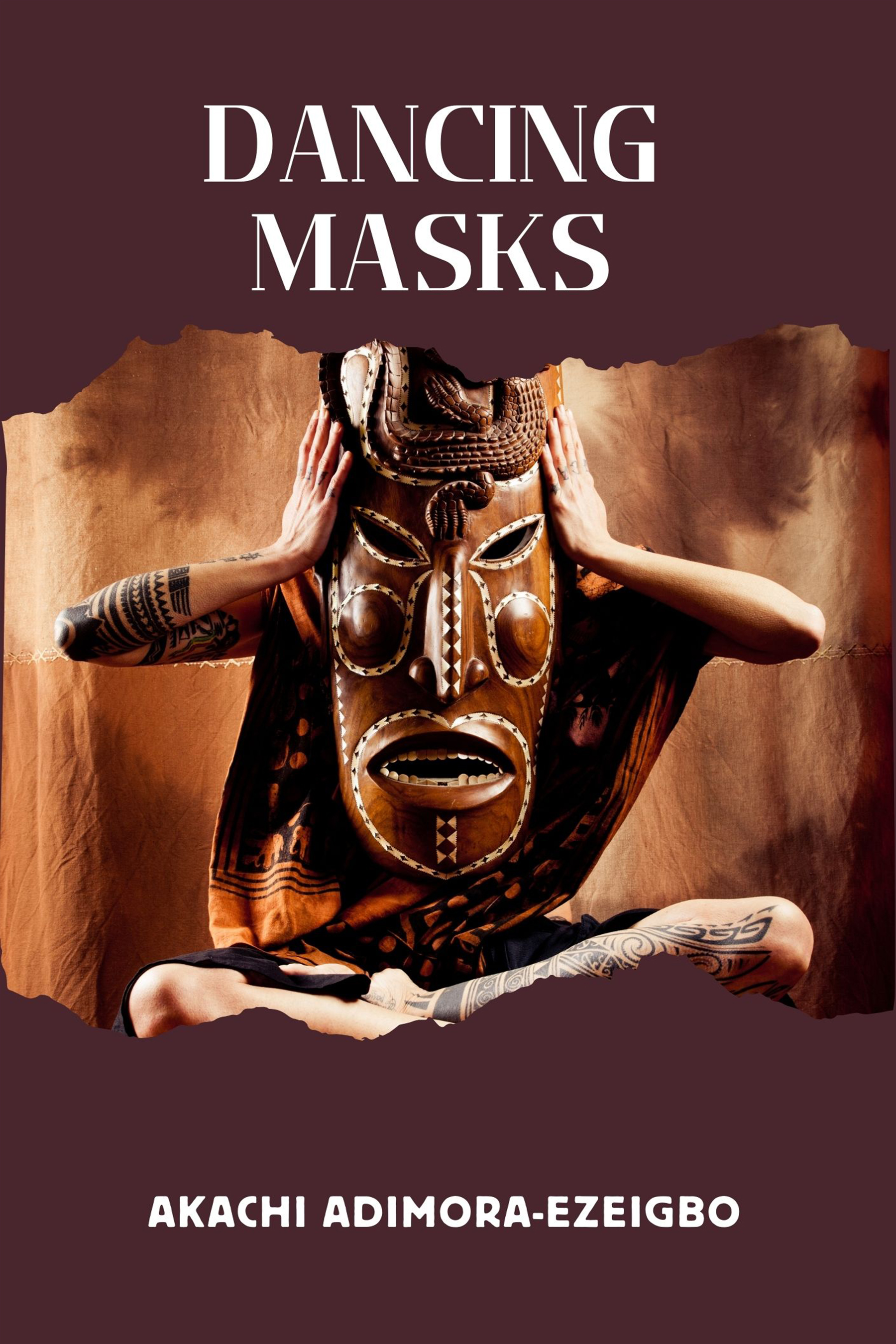
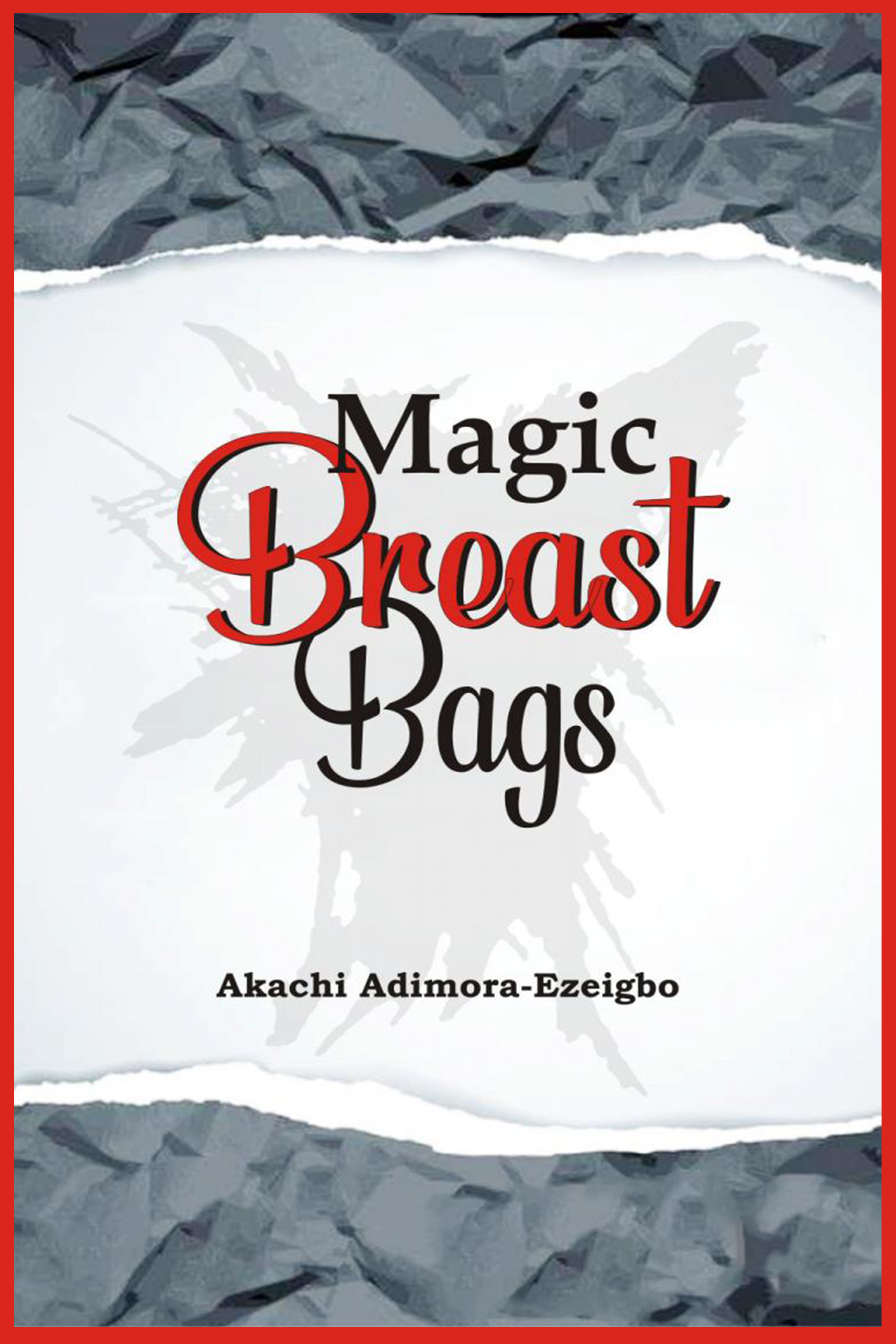
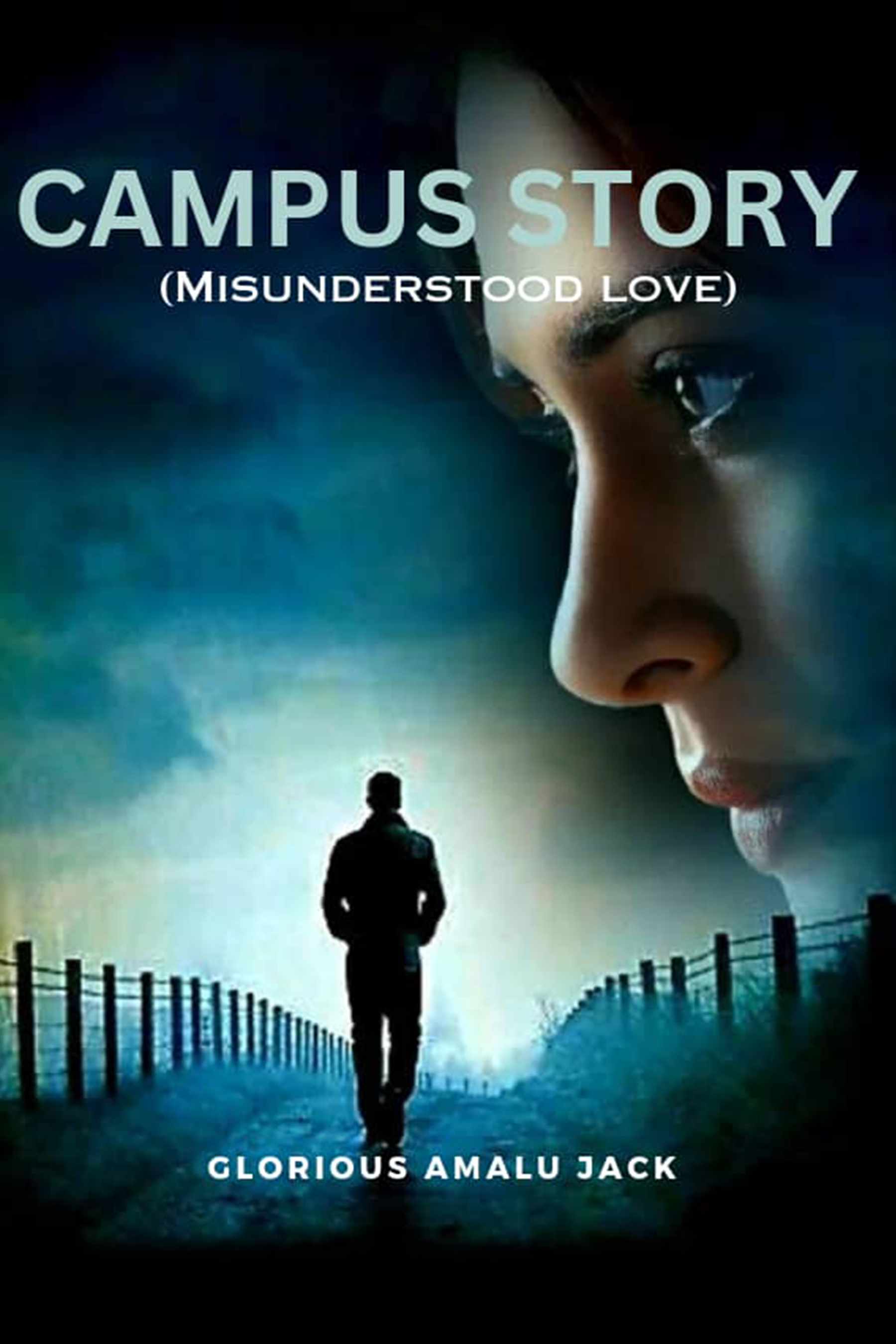
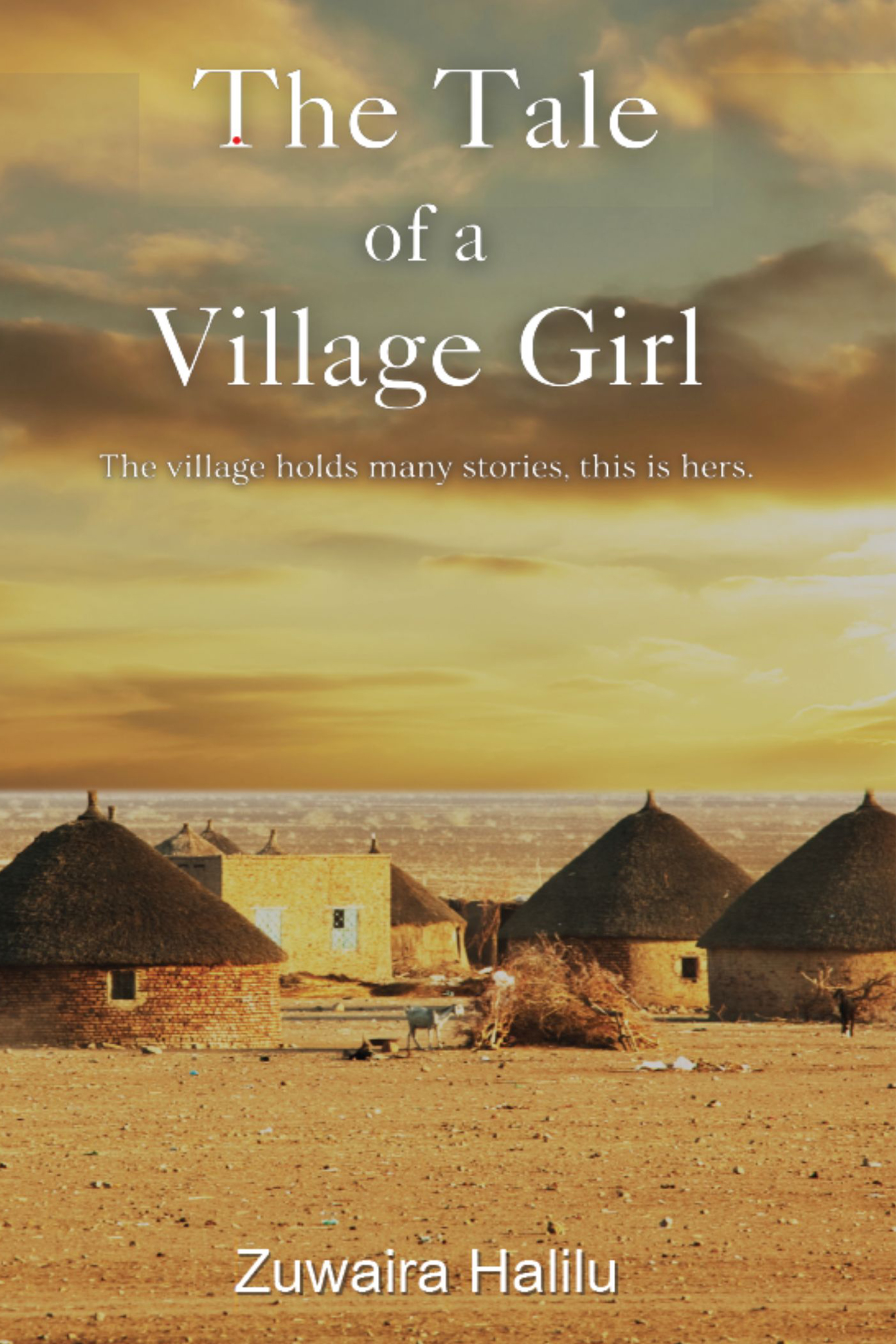
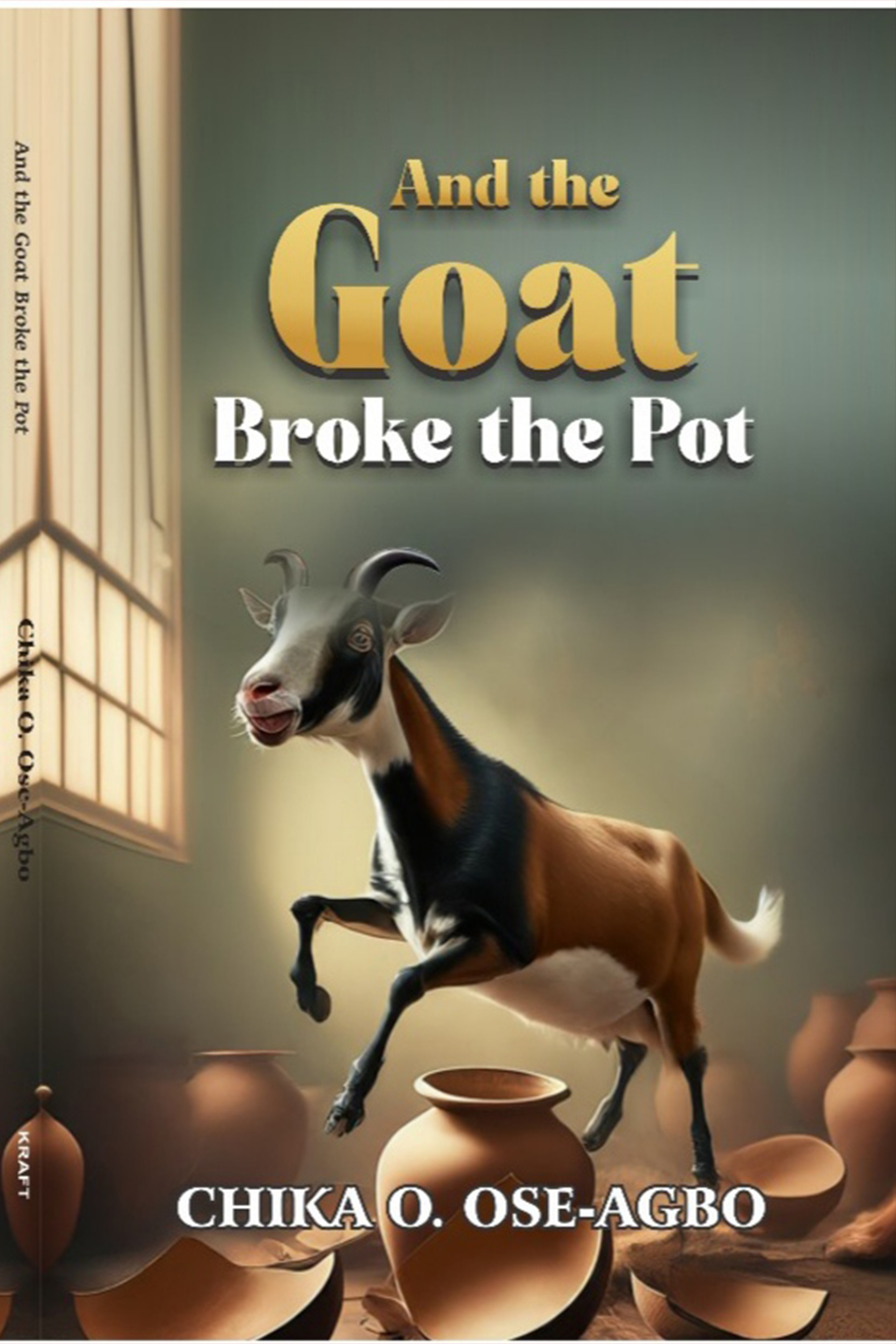
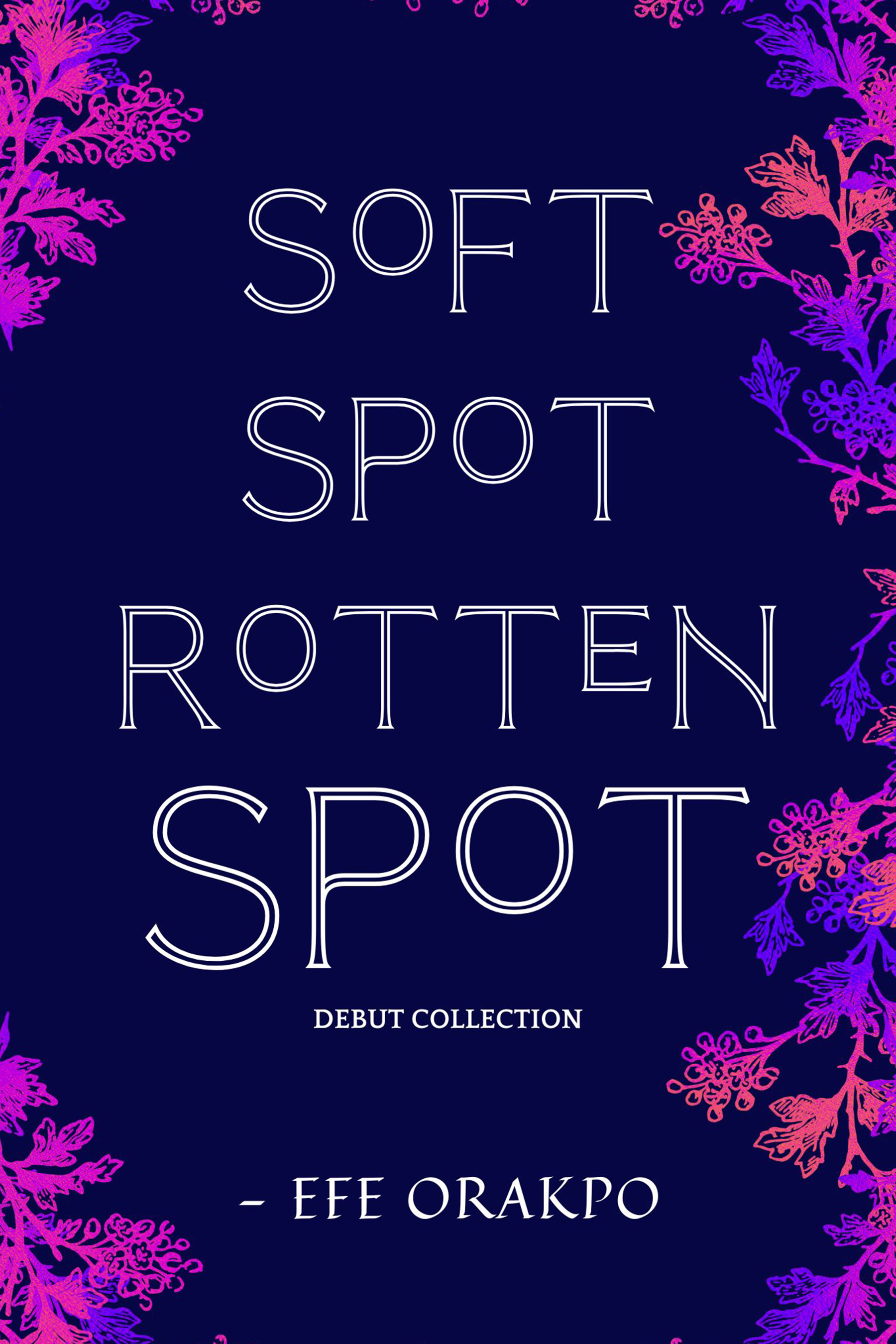
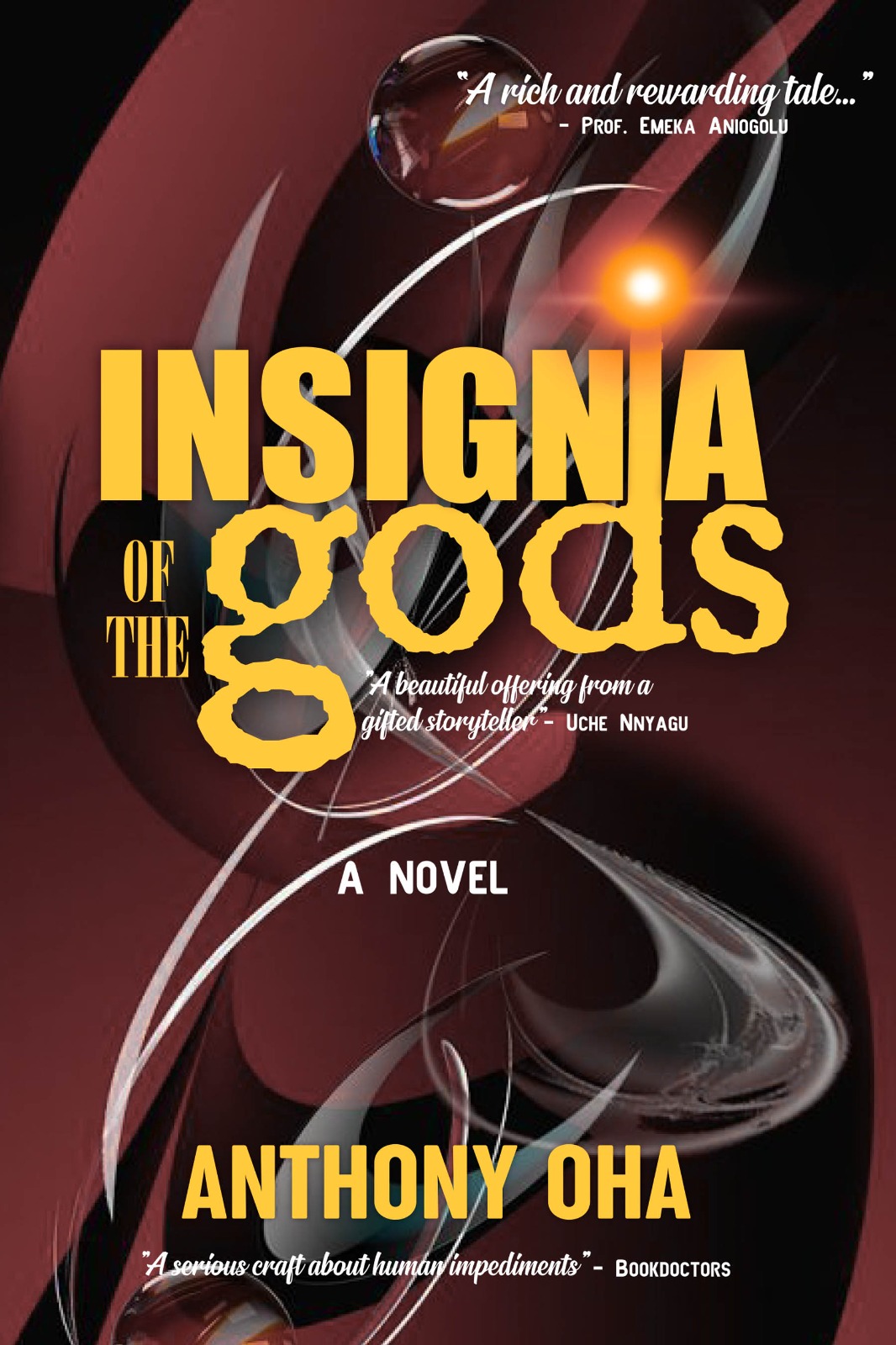

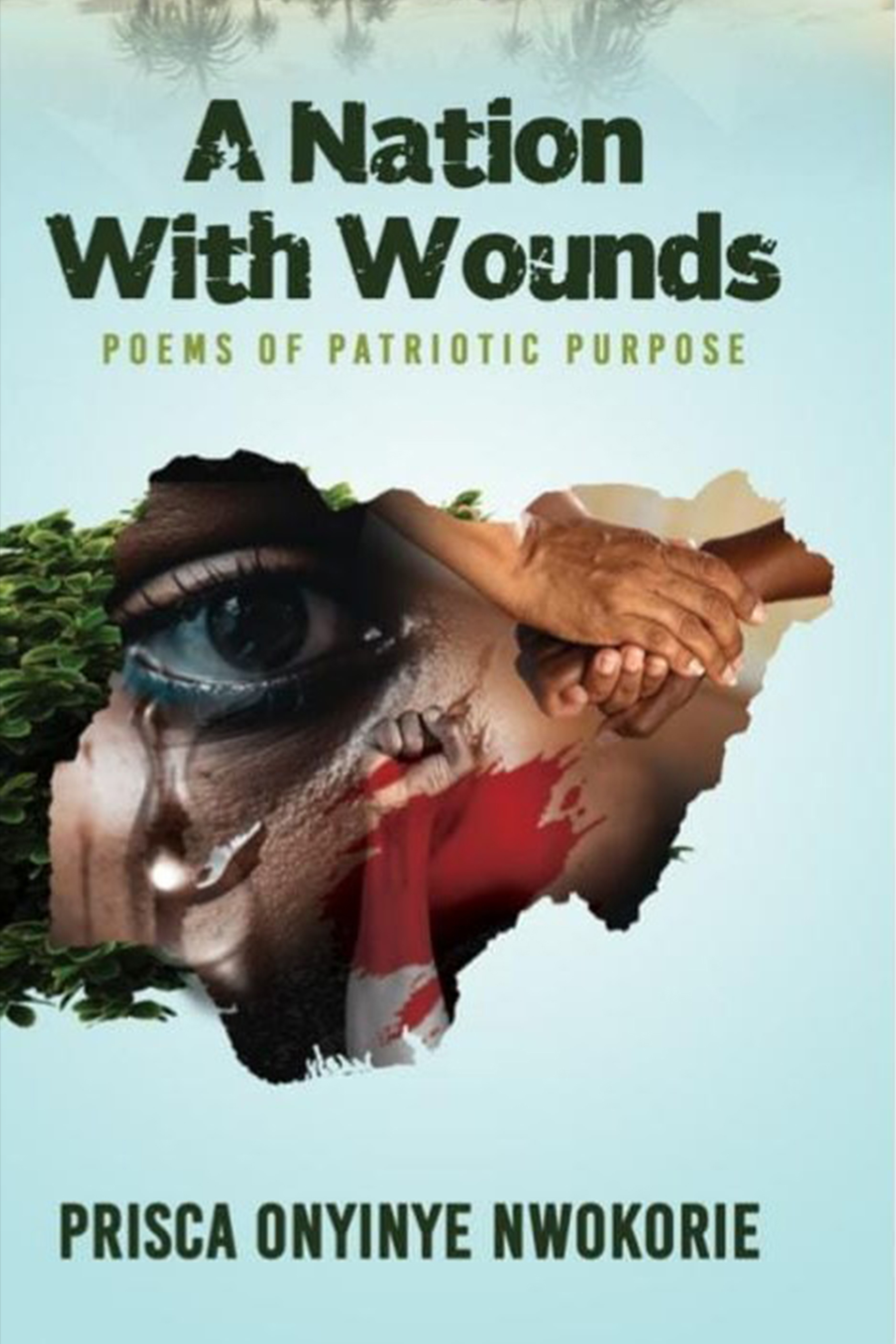
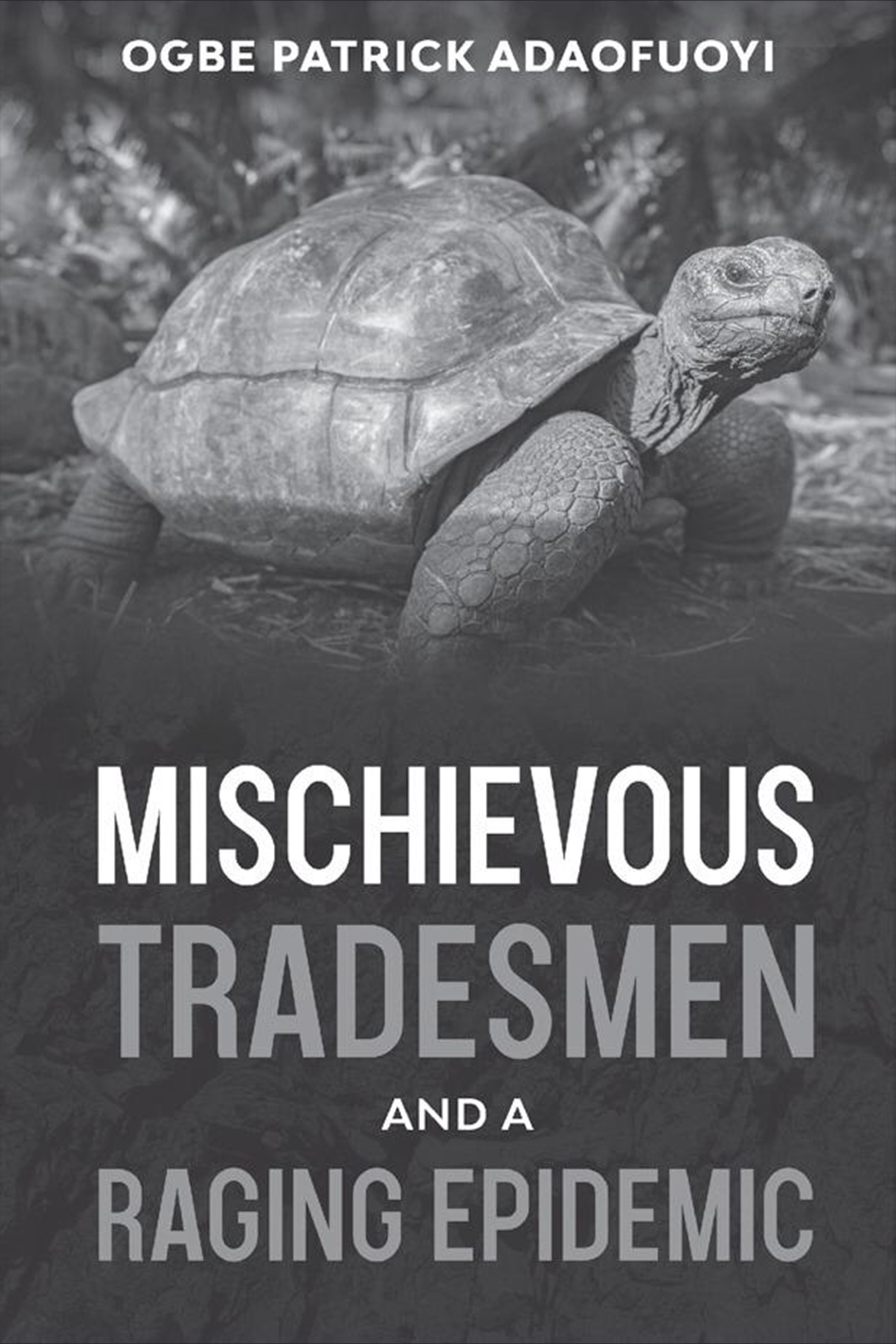
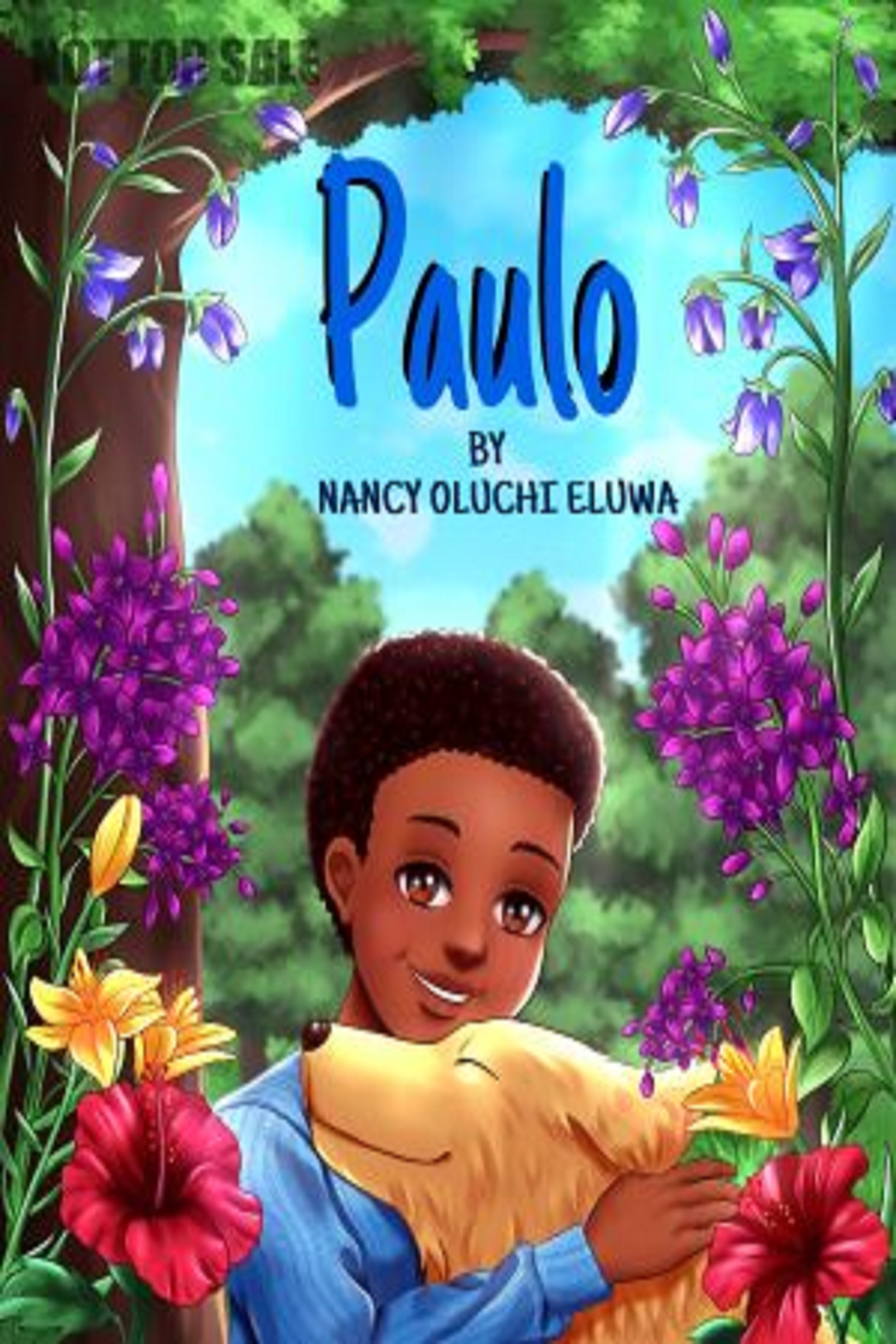
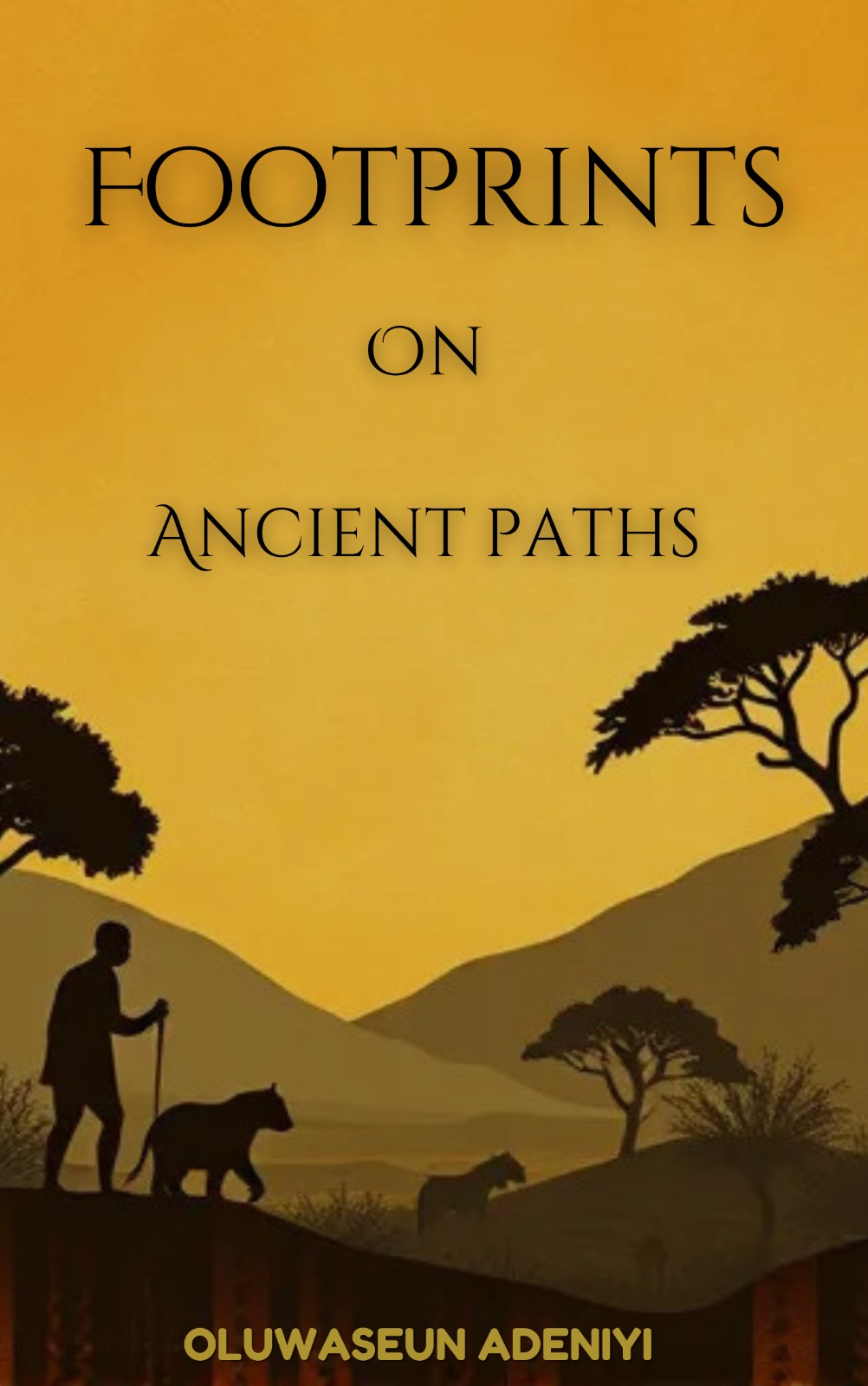
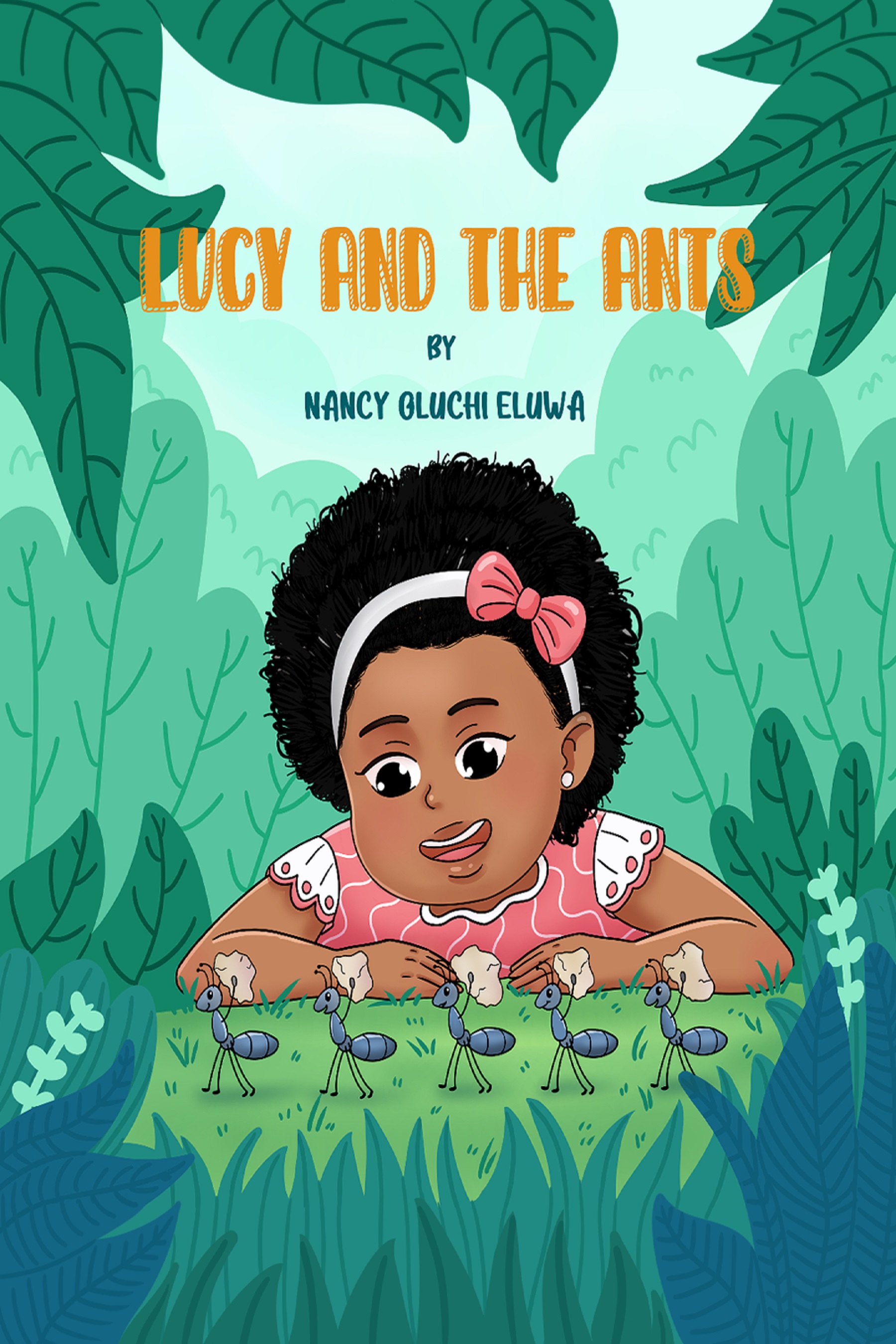


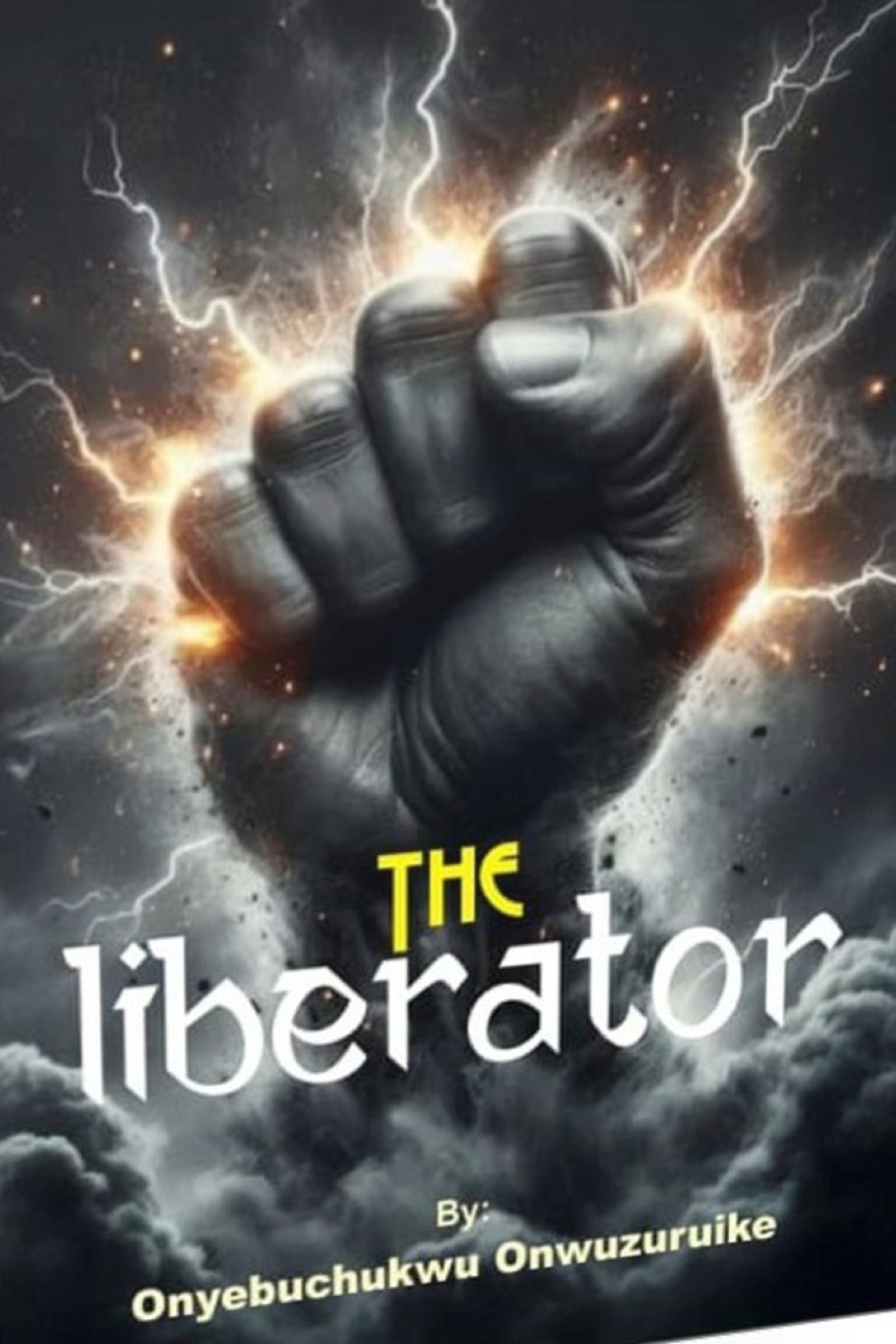
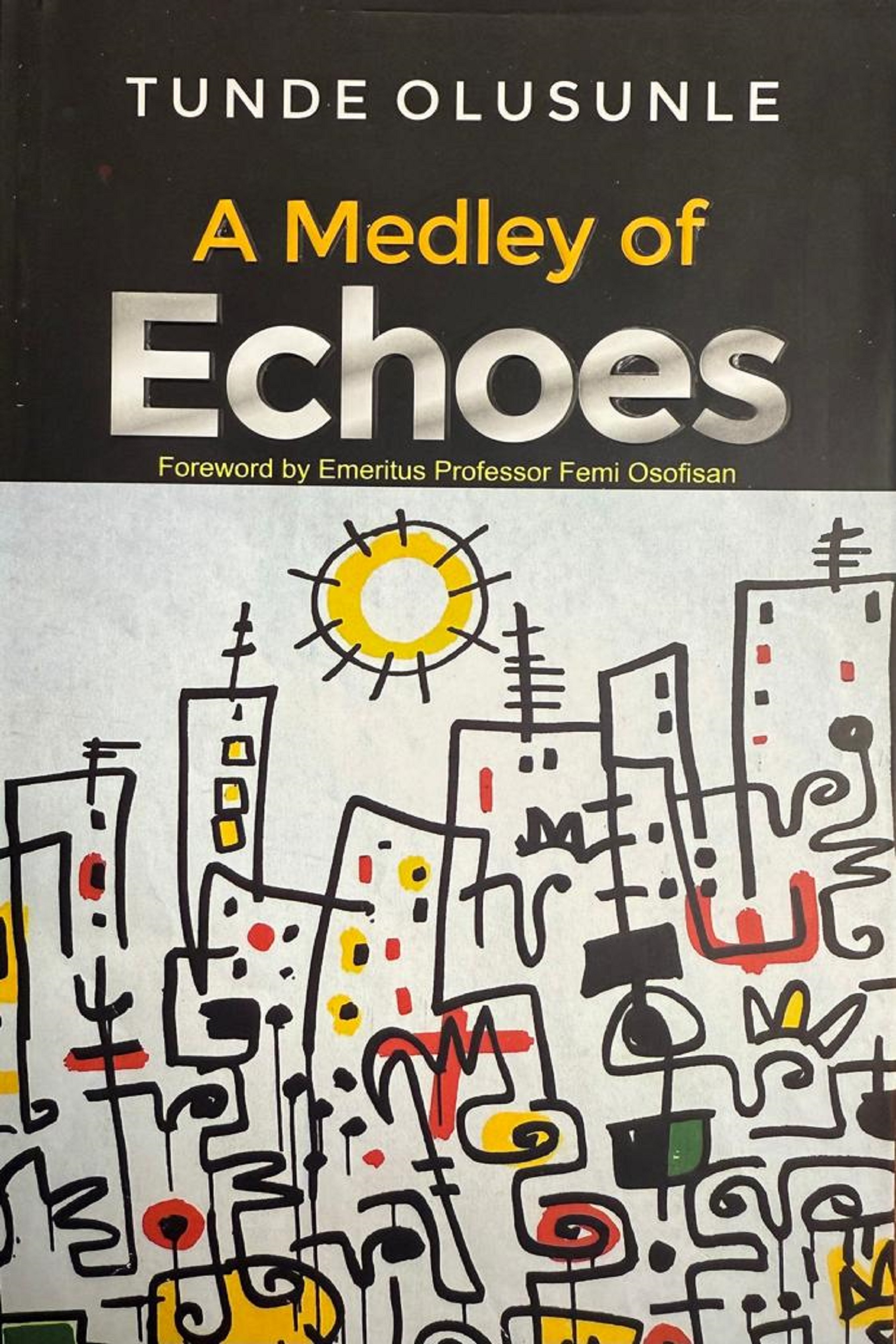

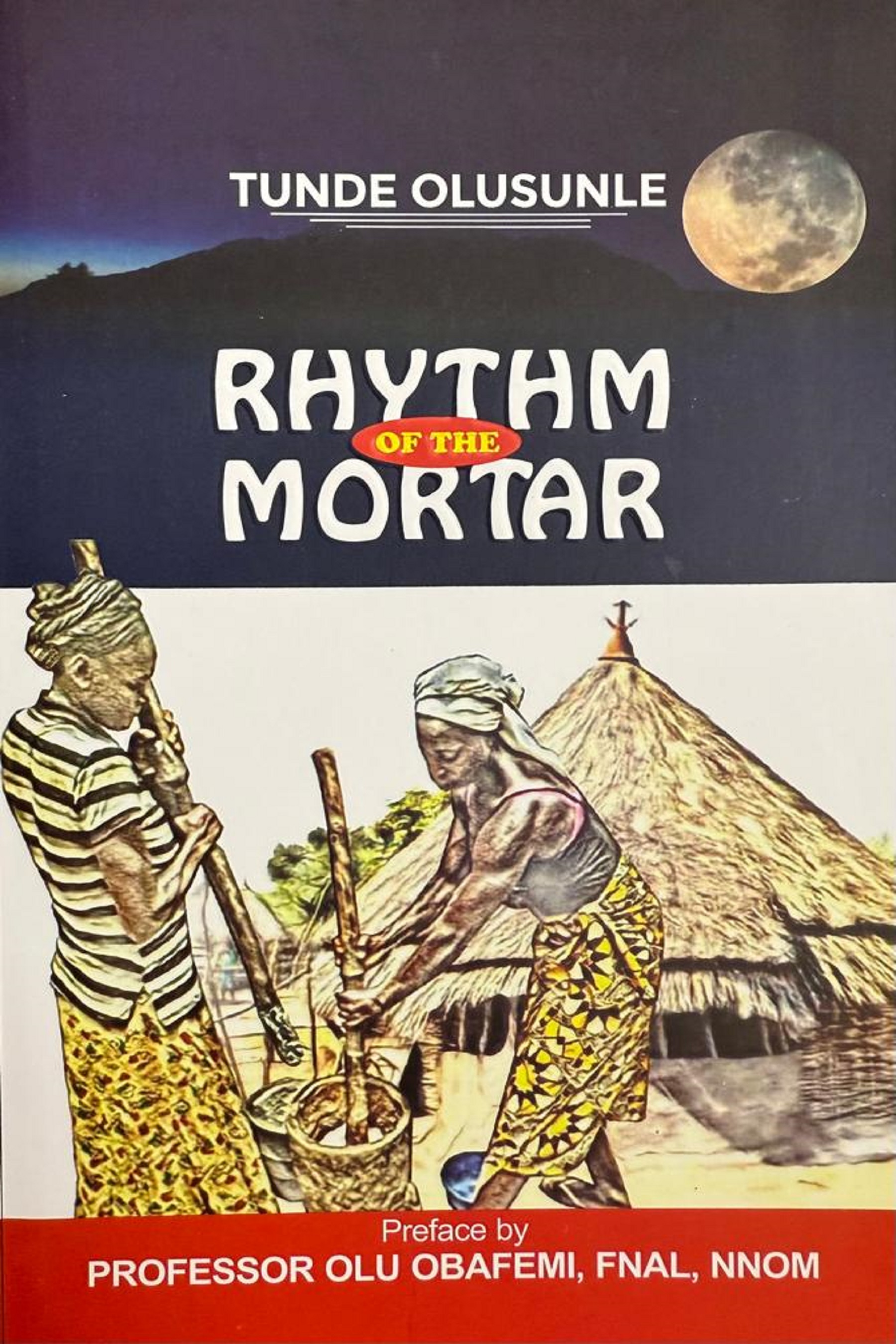
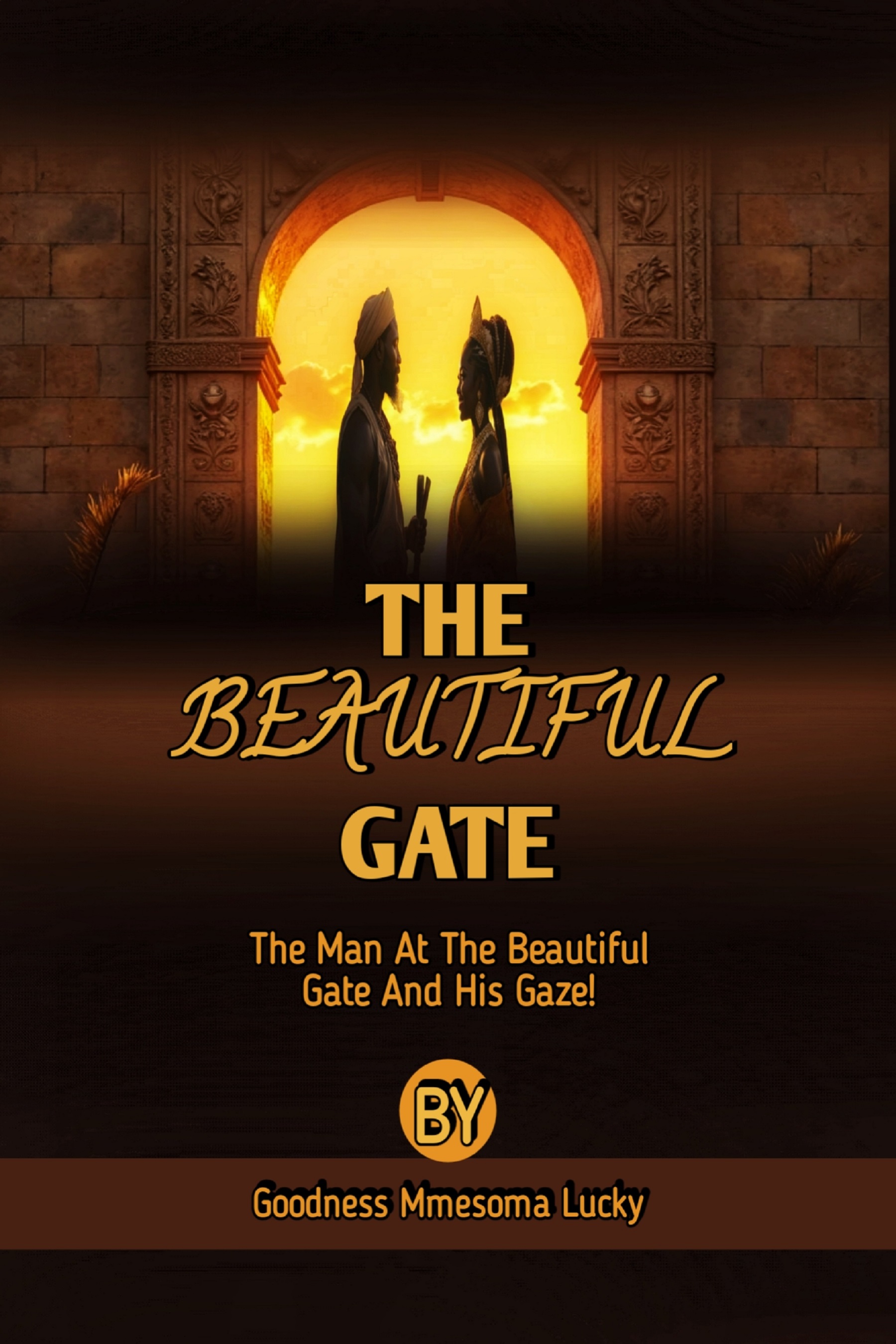
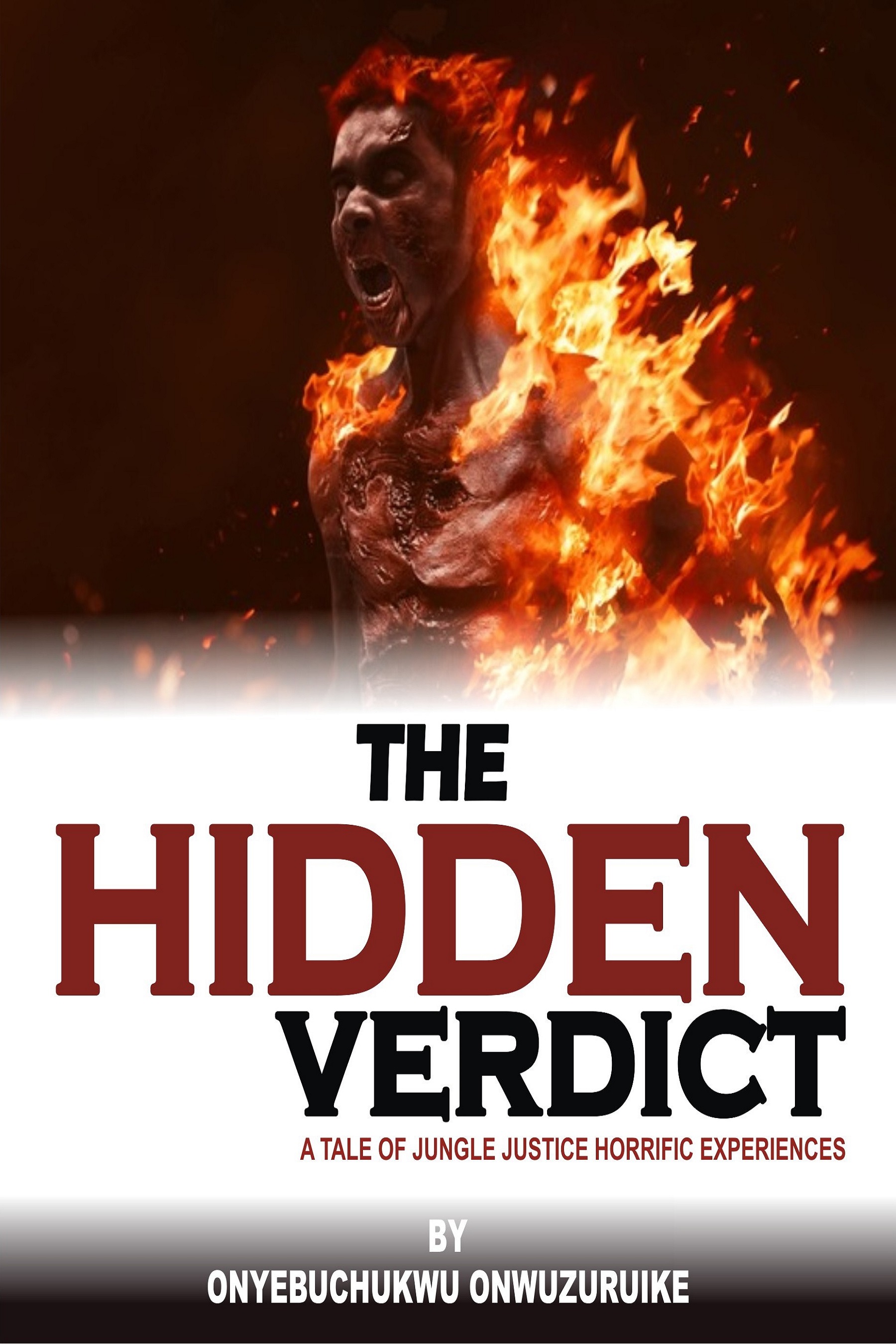
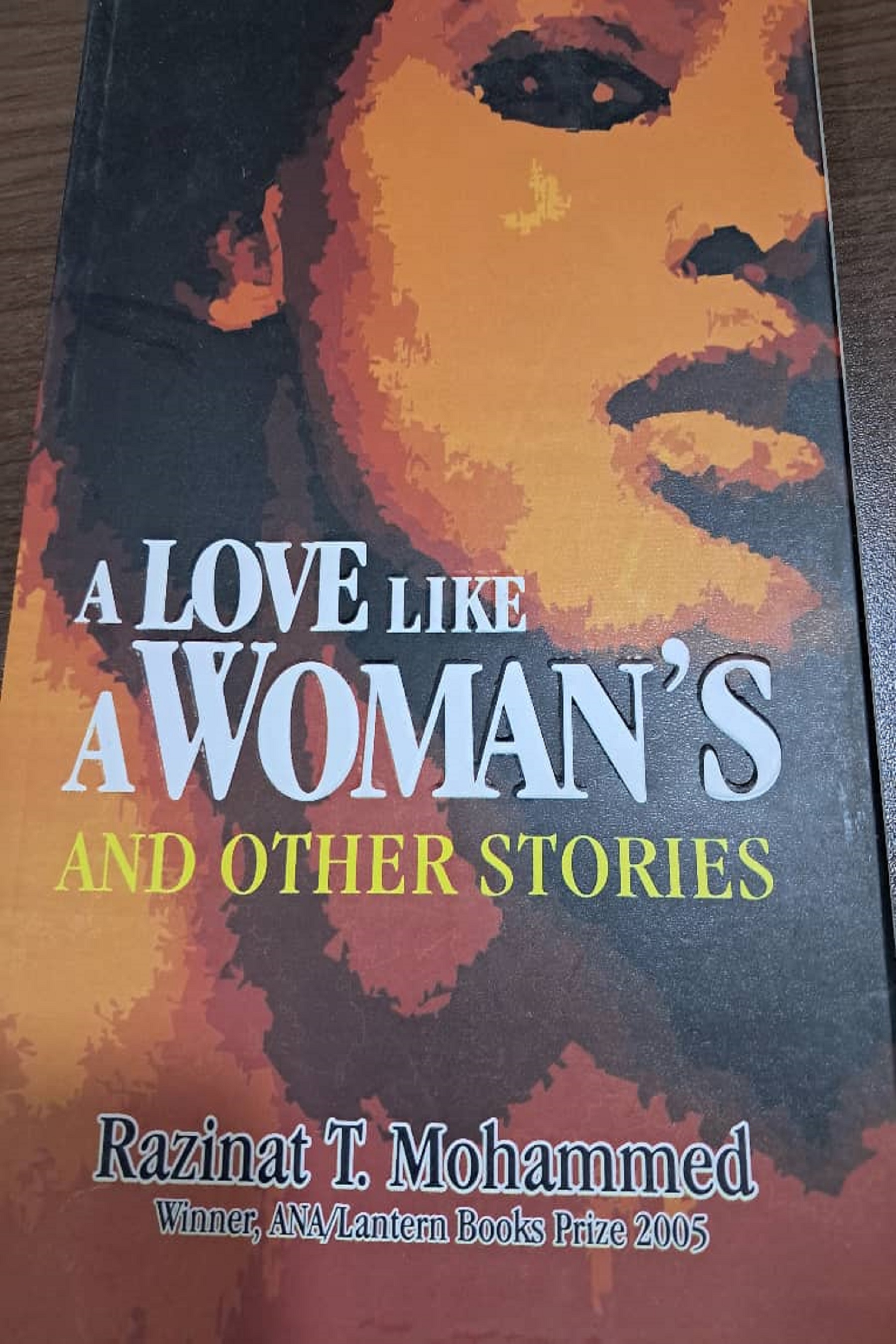
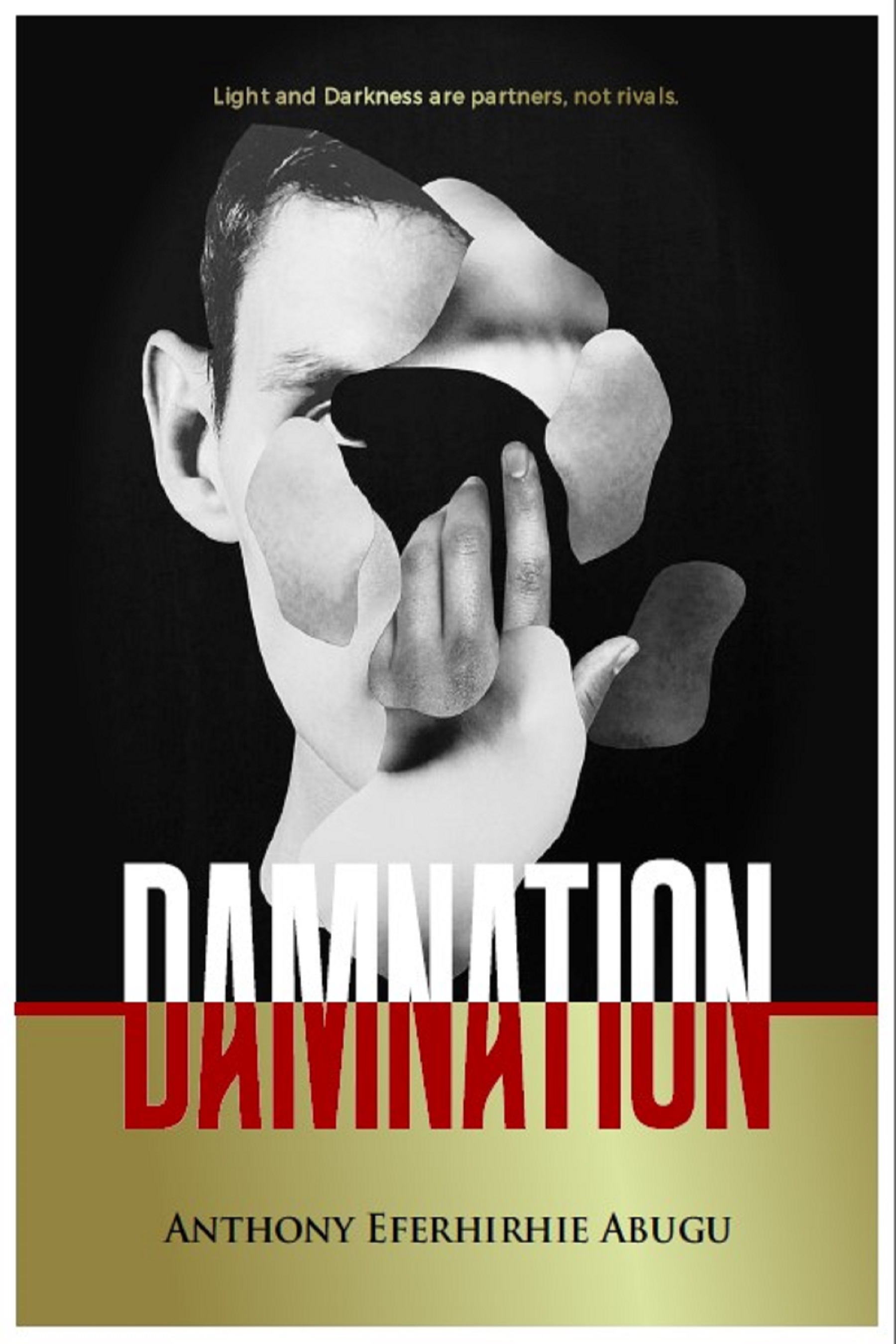
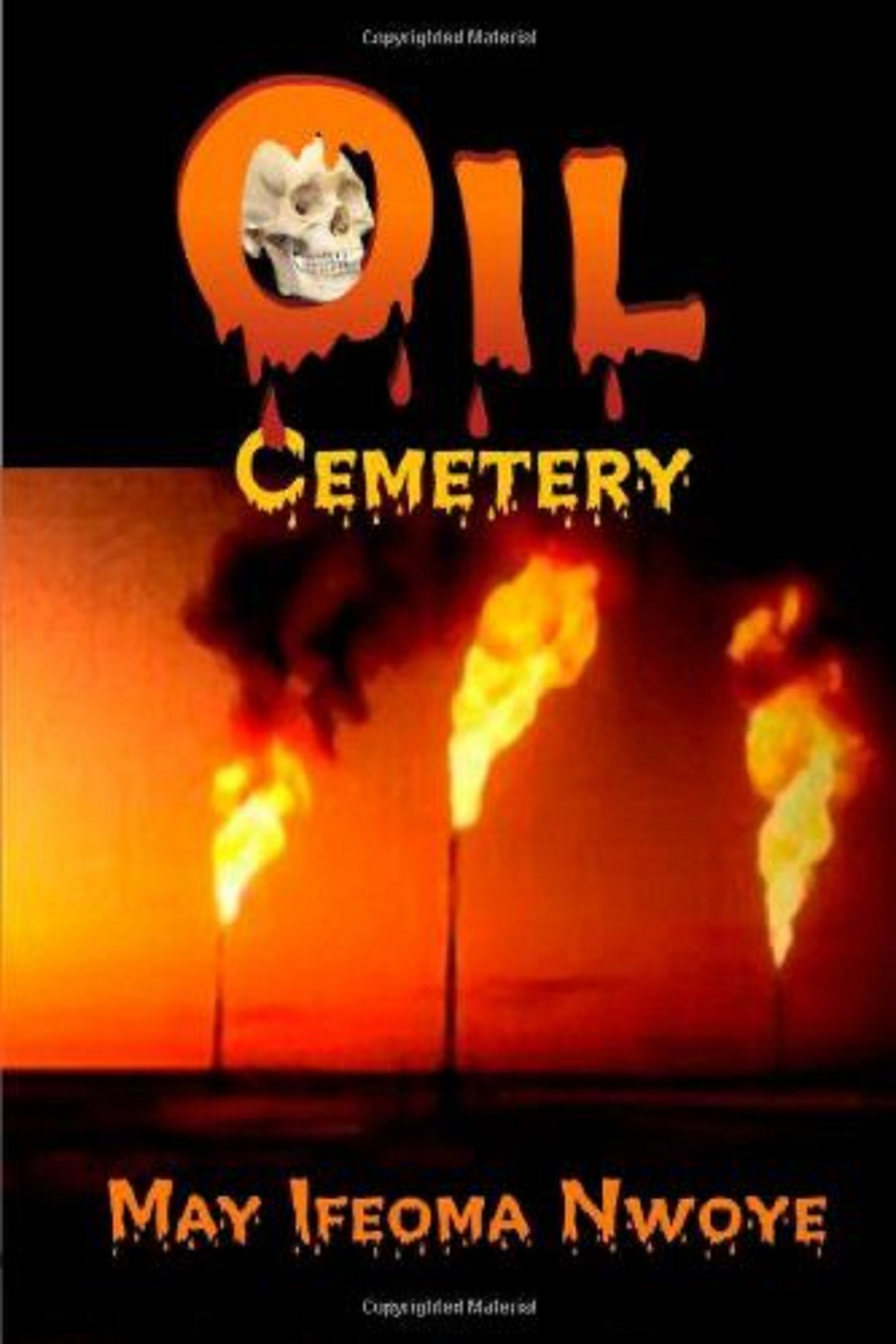
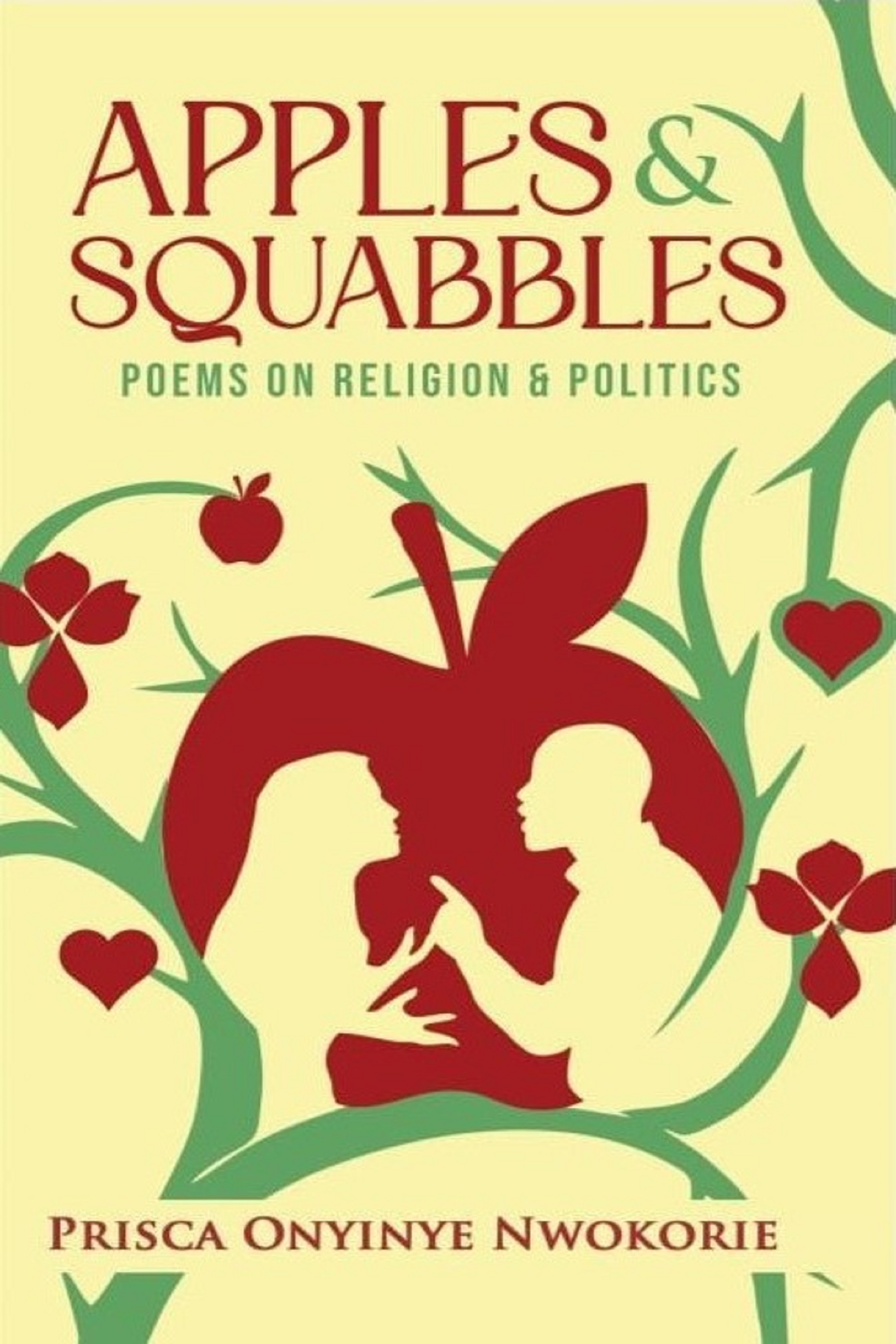
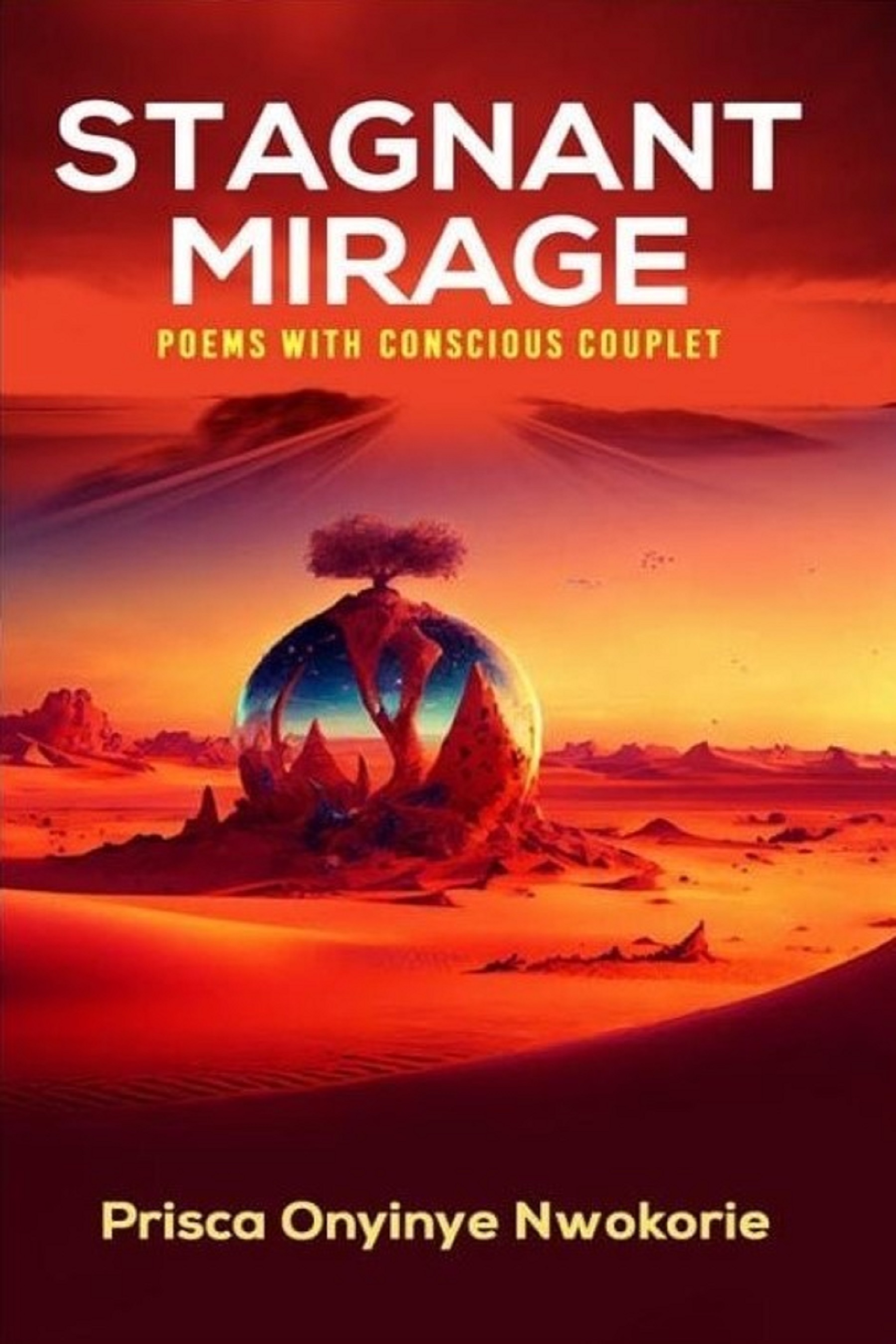
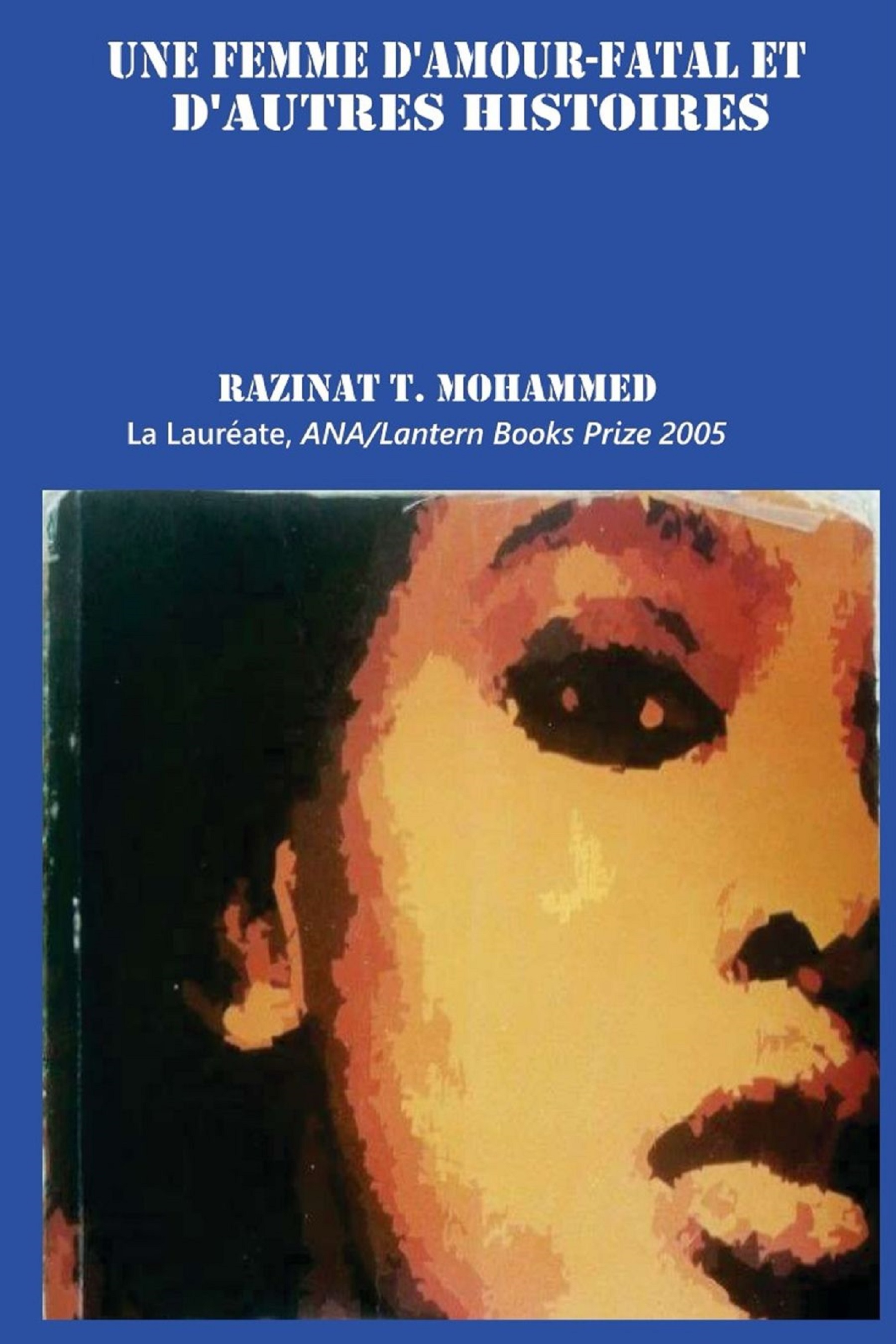
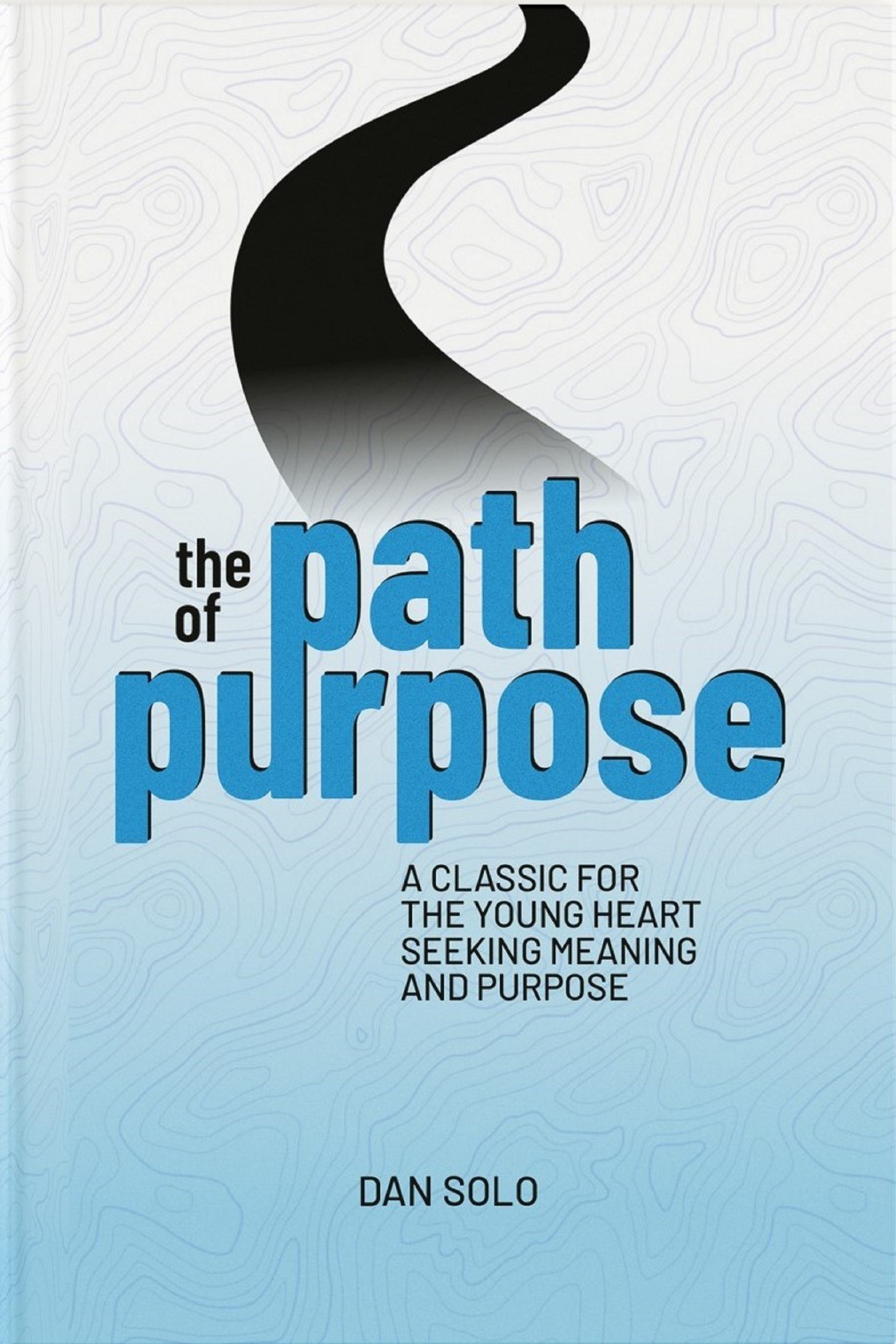
 National Library of Nigeria
National Library of Nigeria.jpg) Association of Nigerian Authors
Association of Nigerian Authors Nigerian Library Association
Nigerian Library Association EagleScan
EagleScan Crossref
Crossref